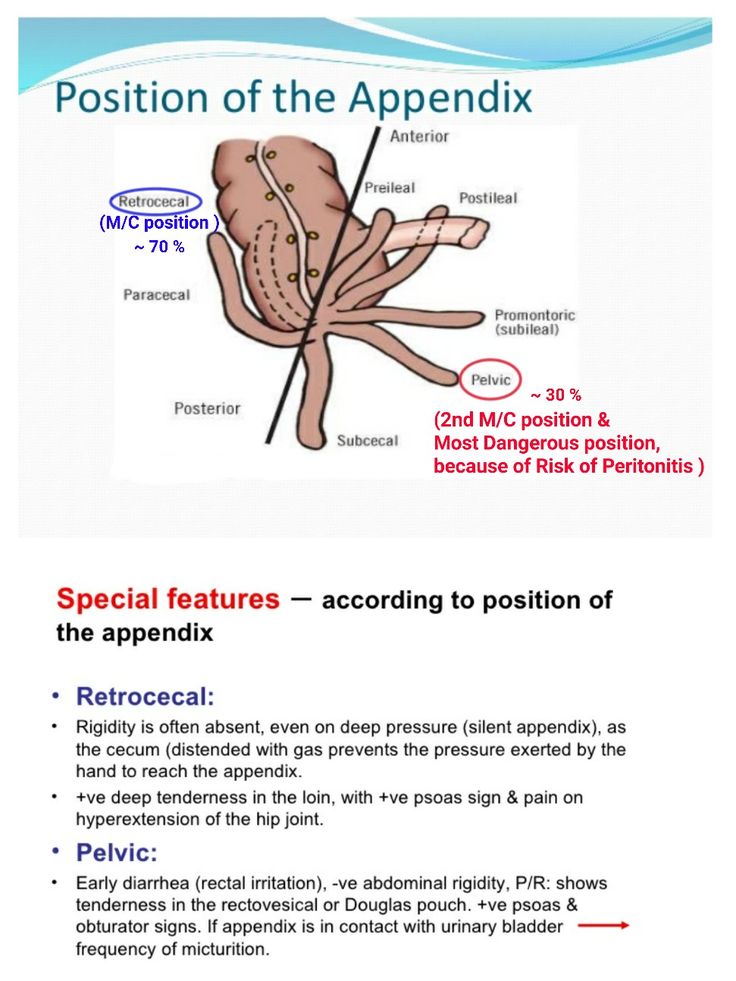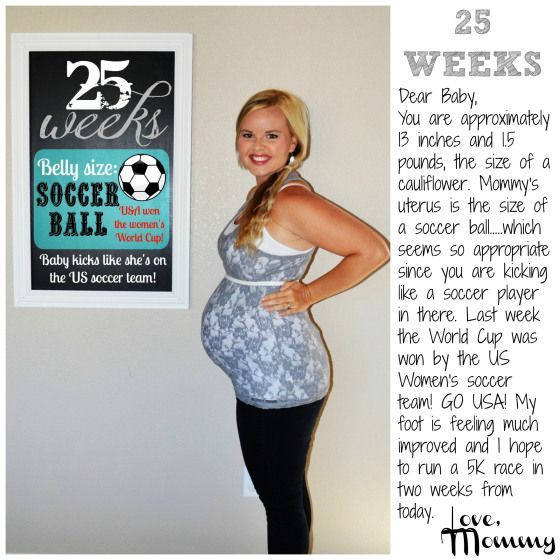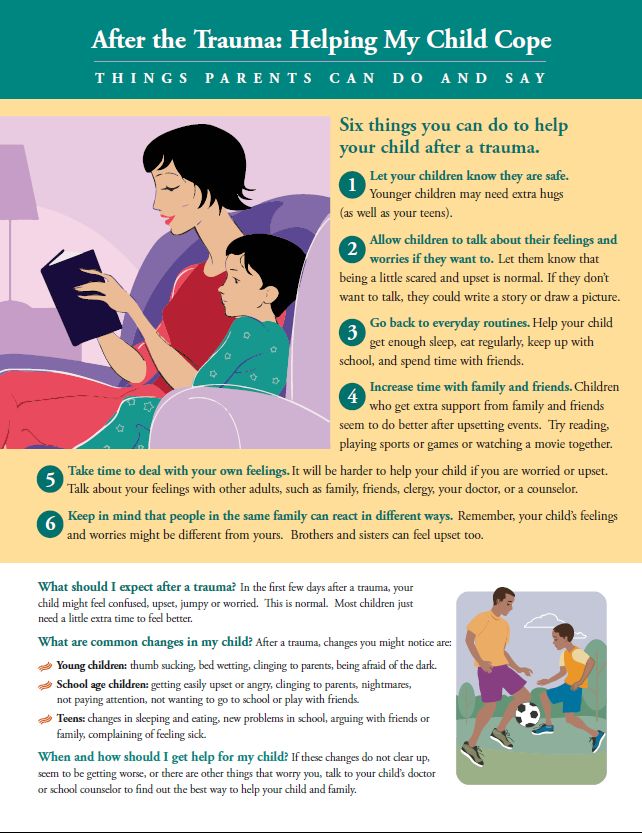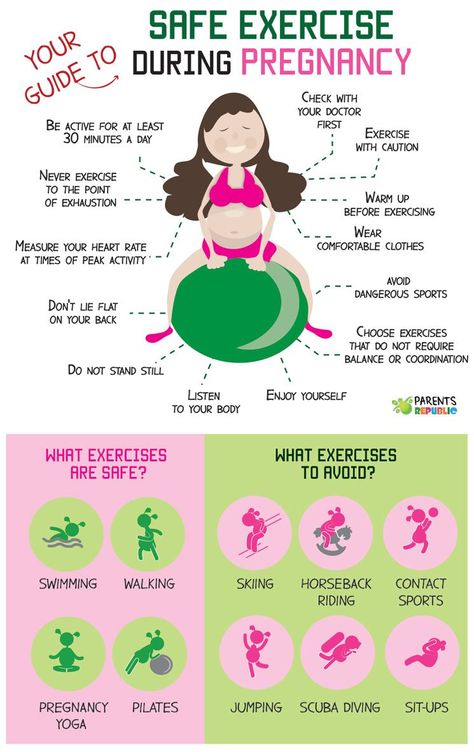First few weeks with baby
Your newborn’s first week: what to expect
About your newborn’s first week of life
Newborns spend their first week of life adapting to their new environment.
The outside world is very different from the womb, where it’s dim, the temperature is constant, and noise is muffled. You can help your baby get used to the outside world by giving them warmth, love, security, attention – and lots of cuddles and smiles.
Your newborn’s appearance in the first week of life
Your newborn’s appearance will change over the first week.
If your newborn’s head is a bit cone shaped after journeying through the birth canal or because of a vacuum-assisted birth, it should round out to a more normal-looking shape.
Any swelling around your newborn’s face and eyes will go down within a few days. If your newborn’s face or head has been bruised – for example, after a forceps birth – the bruising will disappear. Newborns with bruising are at risk of newborn jaundice. Let your midwife, GP or child and family health nurse know if the skin on your newborn’s face looks yellow and you think it might be jaundice.
Your newborn’s umbilical cord will gradually dry, become black and then fall off, usually within the first 10 days. Try to keep the umbilical cord clean and dry. If the area around the umbilical cord looks red or is sticky, let your midwife, GP or child and family health nurse know.
Your newborn might have one or more birthmarks, either at birth or later on. Birthmarks are common and usually don’t need medical attention. But if your newborn’s birthmark concerns you or if it changes, it’s a good idea to have it checked by your GP or child and family health nurse.
Feeding and sleeping in the first week of life
Your newborn will sleep most of the time, waking up every few hours to feed. Newborns can’t ‘sleep through the night’. They have tiny tummies, so they need to wake and feed often.
Most newborns feed every 2-4 hours, and they have around 8-12 feeds every 24 hours. Sometimes feeds might last up to an hour, especially if your newborn is breastfeeding.
Sometimes feeds might last up to an hour, especially if your newborn is breastfeeding.
Newborns usually wake for feeds. But some might need to be woken for feeding – for example, newborns who have lost a lot of weight, are very small, or are jaundiced.
It’s likely to be a while before you see a pattern or routine of feeding and sleeping.
In the first few weeks, looking after yourself is important. This means eating well and doing some physical activity, and also resting when your baby sleeps, which will help you catch up on sleep. Getting help from family and friends can make a big difference too.
Development in the first week of life
Your newborn is learning a lot as you spend time together every day. Their brain is growing and developing as they see, hear, smell and touch the world around them.
Your newborn will close their hands involuntarily in the grasp reflex and will startle at sudden loud noises. They’re also likely to have sudden jerky movements while asleep.
Bonding and communicating in the first week of life
You can communicate with your newborn using your voice, touch, sight and smell. Gentle touch, cuddling, smiling and gazing communicates important information about your newborn’s place in the world, and helps your newborn feel safe and secure with you.
During this first week, you’ll also start getting to know how your baby communicates with you using baby cues and body language.
Bonding and attachment are about always responding to your newborn’s needs with love, warmth and care. And bonding and attachment are vital to all areas of your child’s development, including brain development.
Common health concerns in the first week of life
Weight loss
It’s normal for newborns to lose weight during the first five days after birth. This happens as they lose excess fluid. This weight loss shouldn’t be more than 10% of their birth weight. Most newborns regain their birth weight after 1-2 weeks.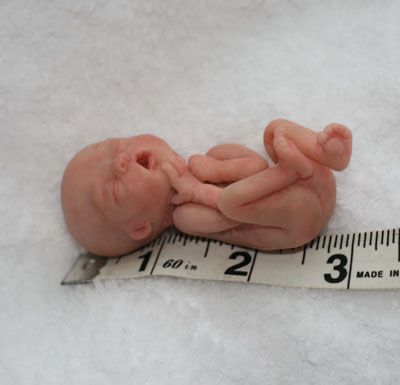 If your newborn has lost too much weight, they might have to be readmitted to hospital until they’re feeding well and gaining weight each day.
If your newborn has lost too much weight, they might have to be readmitted to hospital until they’re feeding well and gaining weight each day.
Sticky eye
It’s common for newborns to develop sticky or discharging eyes during the first few weeks of life. The most common cause is blocked tear ducts. This issue usually gets better by itself, but gentle eye cleansing and massage will also help. It’s best to have your GP or child and family health nurse check your newborn’s eyes if they’re red and sticky.
Rashes
Newborns can develop all sorts of rashes, which usually aren’t serious. But if your newborn has a rash, it’s best to have your GP or child and family health nurse check it out. Common rashes include cradle cap, nappy rash, heat rash , eczema, milia and dry skin.
When to seek medical help
If something doesn’t seem right and you’re worried about your newborn, seek medical help. Contact the midwives at the unit where your baby was born, your GP or your child and family health nurse.![]()
Seek medical help as soon as possible if your newborn:
- isn’t feeding – for example, your newborn is taking half the normal volume or number of feeds in a 24-hour period or vomits more than half of three feeds in a row
- has fewer than 6-8 wet nappies per day
- seems irritable, lethargic or very tired all the time or is hard to wake for feeds
- has pale or yellow skin.
Crying in the first week of life
Newborns might cry because they:
- are hungry
- have a wet or dirty nappy
- feel too hot or too cold
- want you close for reassurance.
If your newborn is crying, you can try feeding, changing their nappy, cuddling or rocking, speaking or singing in a soothing voice, or giving them a warm relaxing bath.
And if your newborn is crying a lot, remember that it’s normal for newborns to cry. Comforting your newborn will help them feel safe and secure.
When to seek help for crying
If you think your newborn is crying too much or you’re having trouble coping, speak to your GP or child and family health nurse as soon as you can.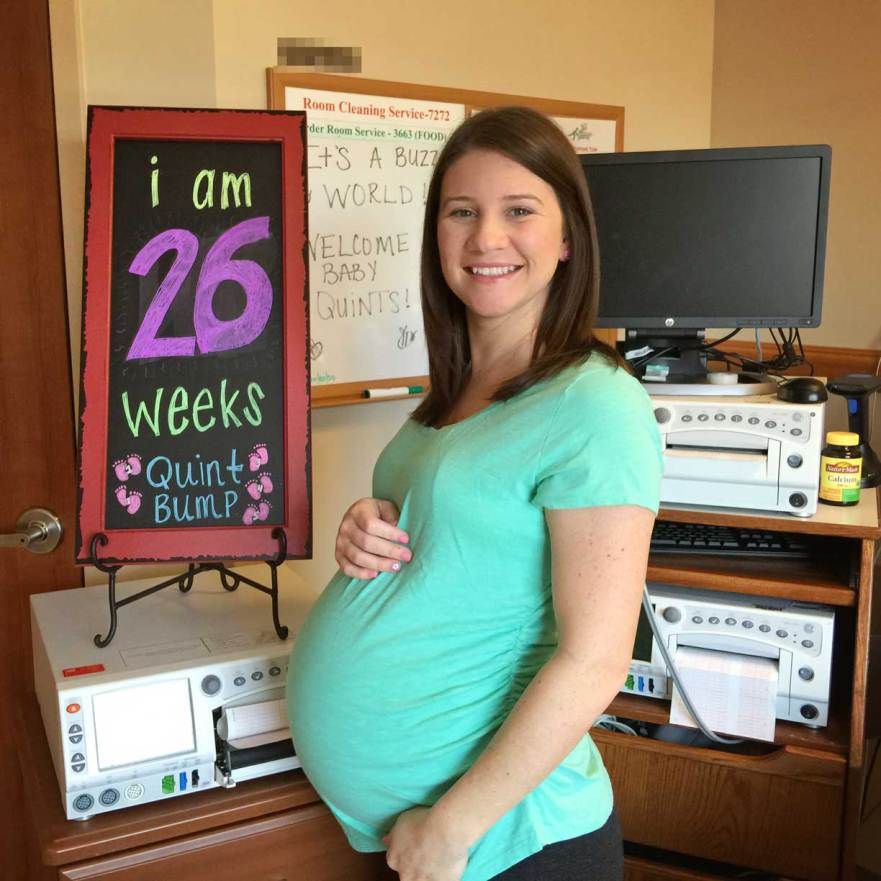
In particular, seek medical help if your newborn:
- has a high-pitched cry (like a cat’s)
- seems to have a weak cry or is moaning
- is crying for long periods of time.
Crying is a newborn’s main way of telling you what they need. You might like to print out our illustrated guide to settling a crying baby, and stick it up somewhere handy.
After the first week: baby health check-ups
Your nearest early childhood centre provides free check-ups for your baby, usually at two, four and eight weeks after birth.
When you go for your baby’s check-ups, it’s a good time to ask questions about anything, from rashes to vomiting to crying. You could write a list of questions before the check-ups so you don’t forget to ask the nurse anything you want to know.
How to Survive Your First Few Weeks with a Newborn
Thank You for Sharing!
Inside: Your first few weeks with a newborn are magical and intense and exhausting all at the same time.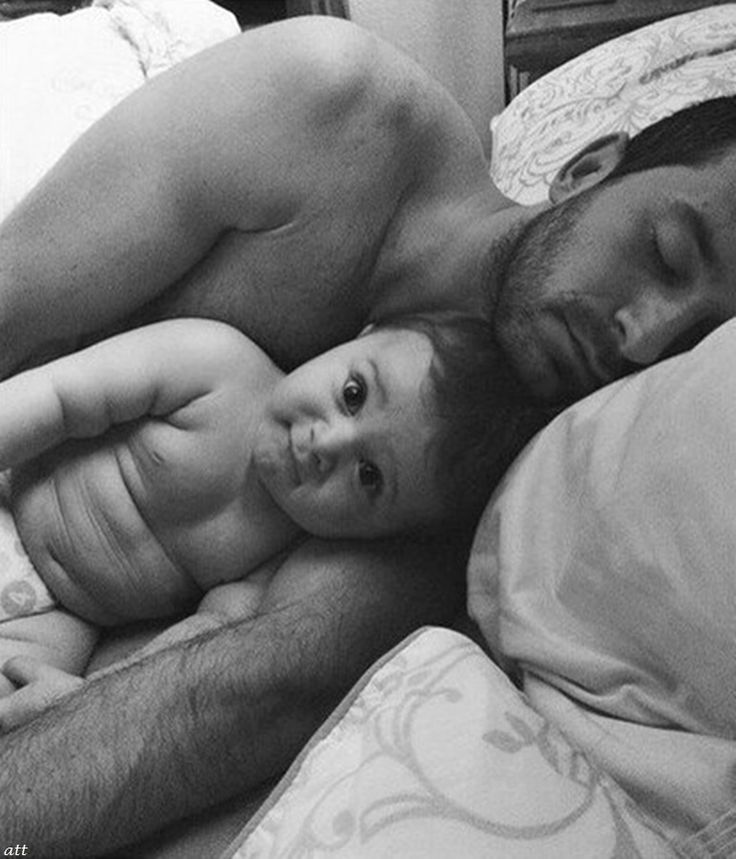 Learn what you and your baby need most, plus 8 essential tips for surviving those first few weeks after birth.
Learn what you and your baby need most, plus 8 essential tips for surviving those first few weeks after birth.
A few months ago I experienced what I hope will be my last first few weeks with a newborn. Every first few weeks with a newborn are completely different, ranging from easy and uneventful to full of doctor’s appointments and not-so-fun postpartum aches and pains.
I’ve had five babies, and each time, those first few weeks looked drastically different. I won’t sugar coat it: one out of five was picture perfect, exactly as it should be. I had a relatively easy recovery and quickly bonded with my absolutely adorable newborn.
The rest? Those first few weeks were really hard.
They were filled with c-section recoveries, postpartum depression, being sent home with a catheter, second hospital visits within a week of being discharged.
Will that happen to you? I truly hope not. While so much is out of your control, following these tips will increase your chances that those first few weeks with your newborn will be as perfect as possible.
What Are the First Few Weeks with a Newborn Like?
THIS POST PROBABLY CONTAINS AFFILIATE LINKS. IF YOU LIKE LEGAL JARGON, YOU CAN READ OUR FULL DISCLOSURE POLICY HERE.
If you thought those last few weeks of pregnancy were hard (and they were), you will initially feel incredible relief a few hours after labor and delivery.
Your organs are no longer completely squished. You can sleep on your stomach again!
Right after that relief, however, comes the realization that:
- Your body will never be the same and needs some serious TLC, &
- You are completely responsible for caring for this little person you just pushed out of you (and that person has a mind of her own).
You will be trying to recover from labor, and if you are breastfeeding, you will be feeding your newborn every two hours around the clock. You baby will sleep what feels like all the time the first 1-2 weeks (except when he wakes up to eat).
How those first few weeks with a newborn go depends on how difficult your labor was and your baby’s temperament.
My first labor ended in an unplanned c-section; I didn’t sleep for over 24 hours. I needed serious recovery time and was extremely thankful for the nursery where I could send my baby when I needed a break.
Your baby may be super easy! One of my babies, people wondered if he even existed because he slept all.the.time.
Another seemed to cry at any and every opportunity and refused to sleep more than 45 minutes at a time for those first few weeks.
Those first few weeks are all about both mom and baby recovering from delivery and adjusting to a new normal. Give yourself and your baby some time to figure out what life looks like on the other side of pregnancy.
What Mom Needs the First Few Weeks with Baby
There are a few things you will need the first few weeks, but especially the first week.
Don’t skip these! As pressing as your newborn’s needs are, if you aren’t doing well, you won’t be able to take care of your baby.
1. Adequate Hydration
This is important for every new mama, but especially for breastfeeding mamas.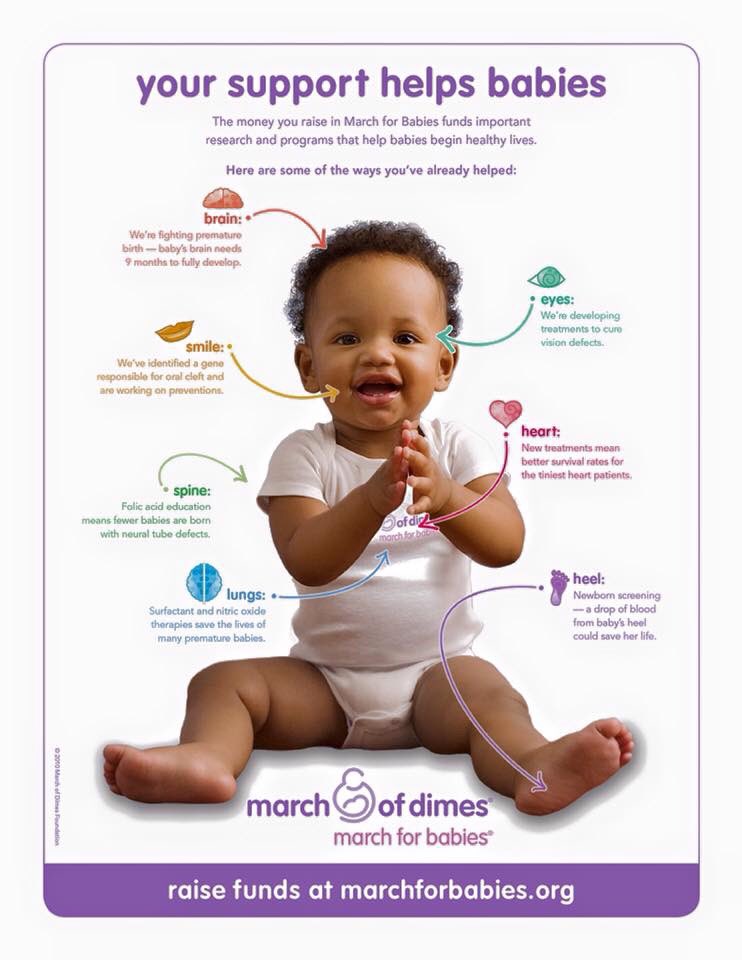 Your body needs to stay hydrated in order to produce enough milk. Don’t be surprised if you are thirsty all of the time.
Your body needs to stay hydrated in order to produce enough milk. Don’t be surprised if you are thirsty all of the time.
It’s a good idea to invest in a large water bottle if the hospital doesn’t provide you with one. Staying properly hydrated can also help alleviate feet and ankle swelling after birth, which is common for a lot of mamas.
2. Time to Recover
Your body has just done an incredibly difficult thing! While recovery has its unique challenges, depending on whether you had a natural birth or a c-section, both will require you to take it easy for a while.
Let your partner or other family members or friends do the heavy lifting—both literally and figuratively! Your doctor or mid-wife will let you know when it is o.k. to get back into more strenuous activity, but in the meantime, slow down and listen to your body.
For a list of must-have postpartum recovery items during the first few weeks after delivery, click HERE.
3. Sleep
Let’s be honest: it’s not like you were probably sleeping blissfully those last few weeks of pregnancy.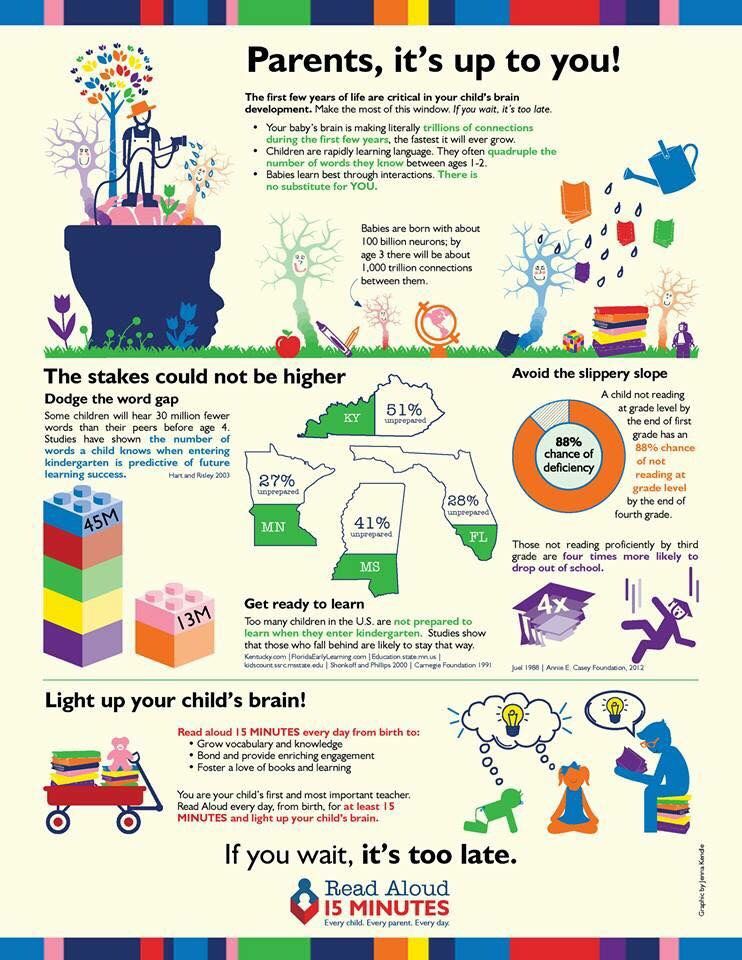 What with your enormous stomach, muscle cramps, and having to get up to pee every two hours, it’s amazing you slept at all!
What with your enormous stomach, muscle cramps, and having to get up to pee every two hours, it’s amazing you slept at all!
Right after your baby is born, you may ride the waves of adrenaline the first day – maybe two, but after that? Your body will be functioning on a level of sleep deprivation like it has probably never known before.
The only other time I’ve been close to that tired was when I traveled all the way to the other side of the world.
So get some zzzs whenever and wherever you can!
You Might Also Like: Grandparents Want to Visit Too Much? Here’s How to Handle It
What Your Newborn Needs Those First Few Weeks
Between weeks one and two, the “honeymoon” newborn phase will wear off. Your baby will go from sleeping what feels like 24/7 to awake part of the time…and crying a whole lot more frequently.
Your baby just went from the only reality she’s ever known to a very big, very large, new reality.
Big, loud noises? Bright lights? Totally new.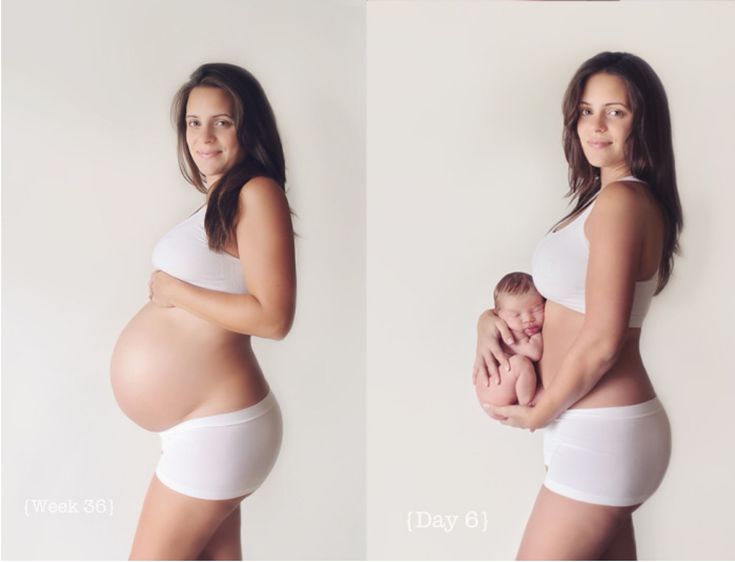
Things like being cold and hungry? Also new.
Your baby needs time to adjust to this whole new (big and crazy) world. These things can help with that adjustment.
1. Sleep
Just like their mamas, newborns also need a lot of sleep, and you can help your baby achieve the sleep he needs. Learn about the signs of drowsiness and try not let your baby get overly tired.
Provide a soothing atmosphere for your baby (some babies love white noise), and as much as you are able, respect his sleep needs.
If your baby is in the middle of a nap, don’t wake him up just because your neighbor stopped by. They can come back!
2. Some Semblance of a Schedule
It won’t be possible to get your newborn on an exact schedule, but it is helpful in those early weeks to try to establish a pattern in their routine. This will help them with an eating and napping schedule in the future. The most common pattern is sleep/wake/eat/play.
Repeat, repeat, repeat.
This book is SO helpful in solving almost all possible problems newborn and baby. I referred to it ALL the time with my first two babies.
I referred to it ALL the time with my first two babies.
3. Night/Day Awareness
Try to keep the baby awake for longer stretches in the day-time. Talk and play with your baby more during the day. If the weather is nice, take them out for a walk in the fresh air. Trying to establish longer sleeping periods at night right from the start will help you all get more sleep in the long run.
8 Essential Tips to Survive Your First Few Weeks with a Newborn
Some moms love the newborn stage, and others, like former nannies and childcare providers, come into it completely prepared.
No matter how much you love it, the newborn stage does take a certain amount of perseverance. Depending on the difficulty of your labor and the temperament of your baby, that first month can be the hardest with a newborn.
Here are a few things you can do to stay sane with a newborn!
1. Accept help.
If someone wants to come over and hold the baby so you can take a shower, then by all means, let them do it!
Someone offers to do the dishes? Show them where you keep the soap.
If a friend offers to start a meal train for you so you don’t have to worry about feeding your family for the next month, take them up on the offer!
For most people, it is a privilege to help a new mama, so let them.
And if you are worried about someone coming over and judging your messy house or greasy hair, please don’t be. We get it. Truly, we do.
2. Have freezer meals prepared before you have your baby.
It doesn’t seem like preparing dinner should be all that difficult, but in those first few weeks, it can feel impossible. It’s simply amazing the amount of time it takes to care for a new baby.
You will be so glad to have a prepped meal ready to pop in the oven. And you will save a ton of money by not having take-out 5 nights in a row!
Need freezer meal ideas? This bundle has a section devoted entirely to freezer meals (if you scroll down the page, there is an option to purchase JUST the freezer meals PDF if you aren’t interested in the rest).
3. Sleep when the baby sleeps.
This is probably the most common piece of advice doled out. There is a reason for that.
Once you add a second kiddo to the mix, this is harder to accomplish, obviously, but if this is your first baby you will want to be sure to follow this advice.
Until your baby is a few months old and (hopefully) is sleeping in longer stretches at night, there is just no way to avoid sleep deprivation. IT.IS.THE.WORST.
The best way to combat the exhaustion is to try to get some rest when the baby is sleeping.
Don’t fall into the trap of getting things accomplished while your baby sleeps. You’ll pay for it later: I certainly did with my fifth baby. You’ll eventually collapse from exhaustion and put yourself at higher risk for postpartum depression.
And if someone offers to come hang with the baby so you can nap, let them!
4. Bring in reinforcements…or not.
Some new mamas find having close family members stay for a week or two, or visit often is extremely helpful in those first few weeks. Having someone around who can take care of the household duties so you and your partner can concentrate on getting to know your baby can feel like a gift from above.
Having someone around who can take care of the household duties so you and your partner can concentrate on getting to know your baby can feel like a gift from above.
Other mamas think someone else visiting for an extended length of time after they just had a baby feels more like a nightmare. No matter which side of the fence you are on, YOU get to make that decision.
Don’t feel guilted into having guests visit your home in those first few weeks if that isn’t what you want. And don’t feel like you need to accommodate someone else’s schedule. You’re great Aunt Edna does not NEED to see the baby right this minute. It’s o.k. to say “Today won’t work for us.” or “We’ll let you know when we are ready for visitors.”
You get to decide what will work best and be the most helpful for your family.
5. Lower your standards.
Your house might look like a bomb went off. You might have piles of laundry everywhere. The dishes might be stacked in the sink. You might not have showered for five days in row.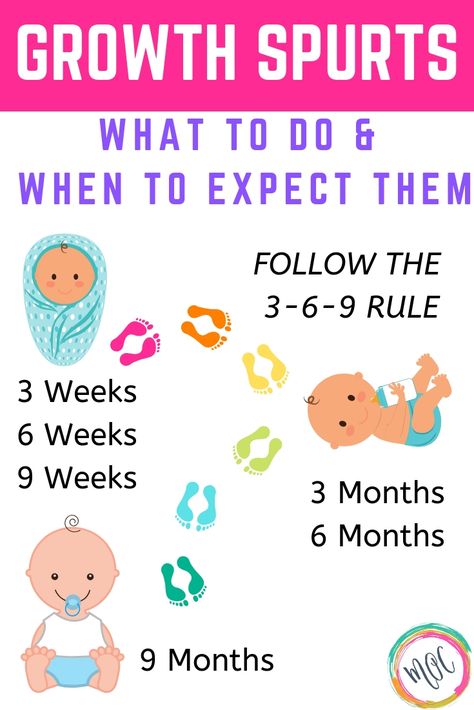
The fact that women push 10-pound babies out of their vaginas kind of does make us superheroes, but Mama, even superheroes need a little assistance every once in a while!
Bonding with your baby and getting to know this new little miracle is really the only thing of importance right now. I promise you, your house won’t always be a disaster, and you will get back to showering on a daily basis, but for now, give yourself a bit of break.
P.S. It’s o.k. to accept help!
6. Seek assistance if feeding issues arise.
As natural as breastfeeding may be, it doesn’t come easy to many women.
Sometimes the quick lesson provided after delivery is just not enough. Don’t be afraid to contact a lactation consultant or breastfeeding educator if you feel like it isn’t going well.
(If you’re reading this in your final trimester and you’re planning to breastfeed, watching this online breastfeeding course is perfect thing to watch during all those hours you just can’t get comfortable enough to sleep.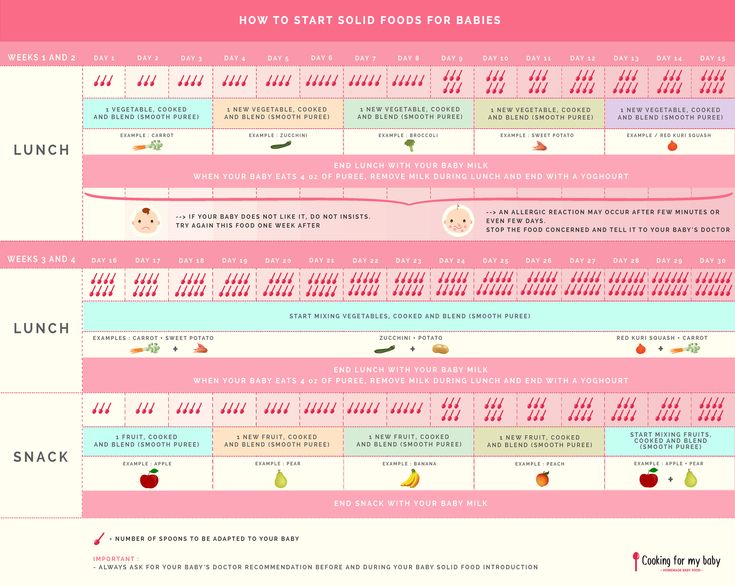 You’ll feel so much more prepared!)
You’ll feel so much more prepared!)
They are able to help with latch and supply issues, can measure your baby before and after a feeding to determine how much milk they are taking in, and will provide encouragement and support as you and your baby are getting the hang of things. Many insurance companies will provide coverage for these visits.
And if you are formula feeding, don’t be afraid to reach out to your pediatrician with questions or concerns.
7. Don’t be afraid to ask for professional help if you are struggling.
Your hormones will be all over the place those first few weeks after having a baby, and for many mamas, long after that. Having a bit of the “baby blues” can be pretty common the first couple of weeks.
Typical symptoms may include:
- mood swings
- trouble sleeping, or
- feelings of overwhelm
But if these feelings don’t go away, or increase in intensity, please don’t feel ashamed about reaching out for help.
Postpartum depression affects many moms and is treatable with medical care. It can be hard to talk about or admit to negative feelings or thoughts, but please speak to a loved one or to your doctor.
I am currently battling postpartum depression myself for the second time, and I understand why women hesitate to talk to their doctors, or anyone, about it. You feel so unlike yourself. Your thoughts feel borderline crazy some days.
Plus, you can still have good days, even if you have PPD, so sometimes you wonder if you’re making it all up.
You’re not. You need to tell your partner or someone else in your support system how you’re feeling. They need to know you’re struggling, so they can help you.
Help is out there—you are not alone.
8. Remind yourself this stage won’t last forever.
The newborn stage can be incredibly difficult as you adjust to having a baby and all the life changes that entails. It can feel brutal at times, especially if your baby has a challenging temperament or health issue and spends most of his awake time crying.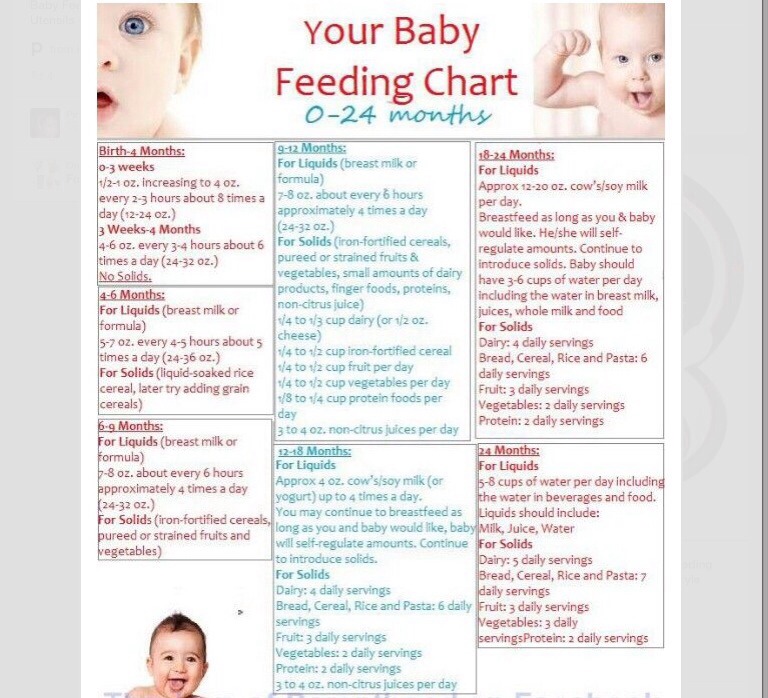 If you are struggling, remember the difficult times will not last forever. You will get used to a new normal. And you will sleep again!
If you are struggling, remember the difficult times will not last forever. You will get used to a new normal. And you will sleep again!
But also keep in mind, this newborn stage won’t last forever. So enjoy the feel of a sleeping infant on your chest. Take time to breath in your baby’s newborn scent. Take pictures in your mind (and also plenty of pictures with your camera) of how your baby looks during these first few weeks and months of life. In a blink of an eye, this stage will be over.
Related: 16 Essentials for Your New Mom Survival Kit
4 Essential Products for Baby’s First Few Weeks
1. Swing
I seriously can’t believe I lived without a swing until my fifth baby. It’s a life-saver those first few months!
Most babies love the swaying motion a swing provides, and having an electric swing can be a lifesaver, especially if your arms and back are aching from swaying back and forth.
We were given this swing by a friend, and we love it! It can swing side to side or front to back and comes with a mobile, music, and several different speed settings.
2. Bouncer
Having something portable you can carry from room to room will be essential. You can put the baby in the bouncer on the bathroom floor while you take a shower, or next to you on the floor while you catch up with housework.
Babies love to look around from their elevated view in the bouncer.
A friend lent me this bouncer when I had my fourth baby, and it was amazing! Definitely superior to other bouncers I’ve used because the angle is better for the baby to actually be able to see everything.
3. Wrap or Baby Carrier with an infant insert
Babies love to be next to a warm chest, and when you are wanting some hands-free time, a wrap or a baby carrier can be a perfect solution. These are also great to have for trips to the store.
Some moms love wraps, but personally I only every used and loved the original Ergobaby carrier. (I tried a BJORN, and my back just about broke after a month because I have big babies to begin with).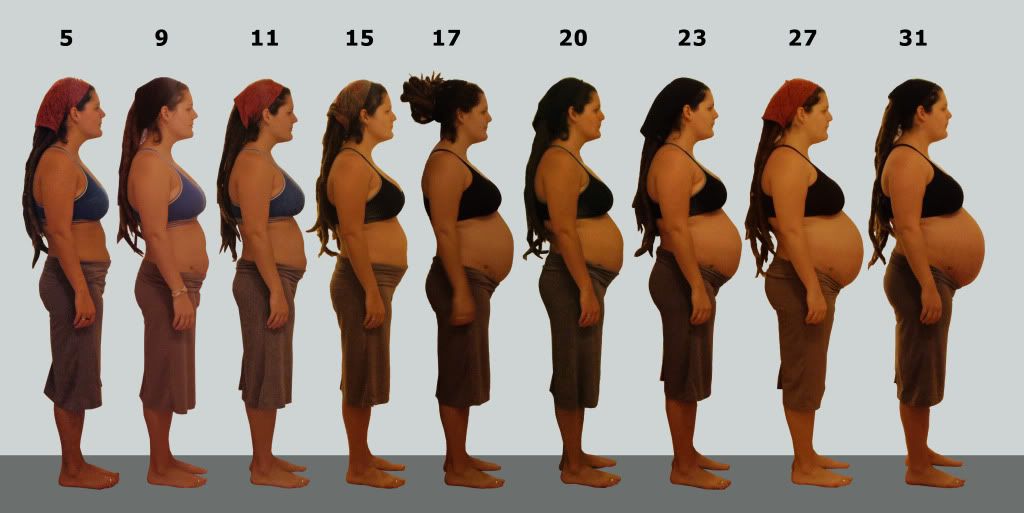
If you go with the Ergo, you’ll need the Ergobaby infant insert to make it work. I have the original and have used it with four of my five babies. If I had to buy a new one today, I don’t think the price difference between the 360 and the original would be worth it to me.
4. Swaddle Blanket
After being in the tight confinement of the womb, most babies find comfort in the tight wrap that a swaddle blanket provides, especially when they are sleeping. It can take a bit of practice to perfect a tight enough swaddle, so don’t be afraid to ask a nurse to show you a couple times before you leave the hospital.
If you don’t want to bother with a swaddle blanket, there are also handy swaddle wraps where you simple tuck your baby inside a little cacoon and velcro him in.
Related: 9 Minimalist Baby Essentials: The Bare Minimum You Need for Baby
Things You Might Forget To Do When You Have a Newborn
1. Pay your bills.
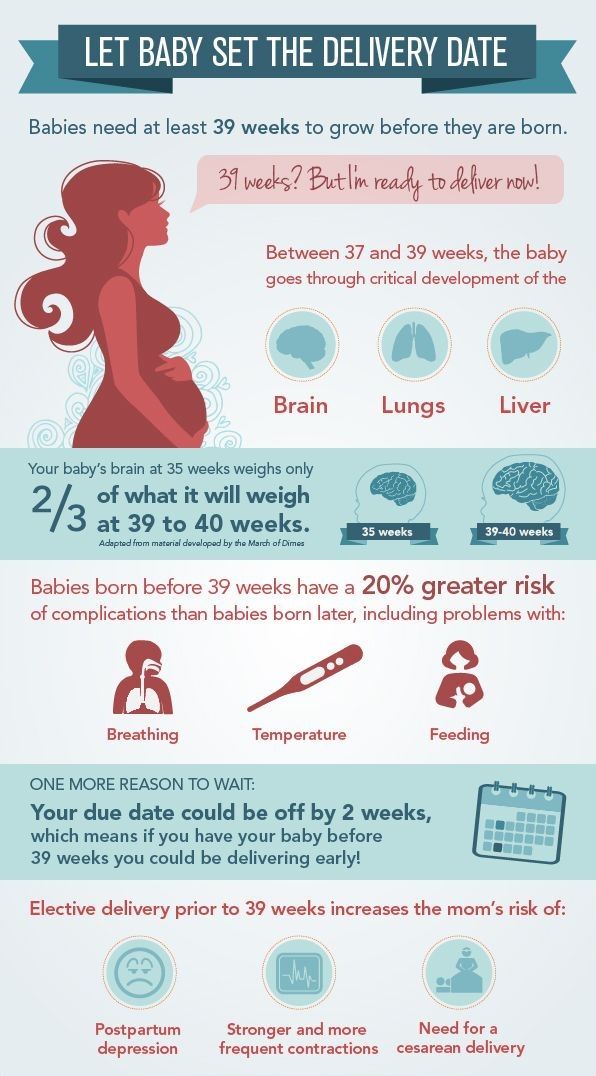
If you haven’t already done so, set-up automated payments for as many things as you can; mortgage, phone, cable bill, internet, electricity, etc.
That will be one less thing you have to worry about once baby arrives.
2. Eat.
At some point, you will probably look up at the clock and realize it’s 4p.m. and you haven’t had lunch yet.
Having those freezer meals prepped will help a lot when it comes to staying properly nourished, but also stock your pantry and fridge with snacks that are easy to grab throughout the day.
3. Take your meds.
If you had a c-section or an episiotimy or tear with delivery, you will probably be sent home with some prescription pain meds or directions for taking an over-the-counter pain killer. It is so easy to get distracted and not take your meds on a regular schedule, but trust me, you will regret it!
Set a timer on your phone, or leave your meds in plain sight where you will frequently see them to remind yourself to take them on time. You’ll also want to continue to take your prenatal vitamins.
You’ll also want to continue to take your prenatal vitamins.
4. Schedule appointments.
You will most likely have a two-week and six-week follow up appointment with your doctor or mid-wife and baby will also probably have a couple of appointments those first few weeks.
Write yourself a note or set-up a reminder on your phone. It’s easy to forget about scheduling these appointments.
Those First Few Weeks with a Newborn: The Most Important Thing
Just a few days ago, I met a friend’s newborn baby for the first time. She was so tiny! By comparison, my now four-month-old is huge.
Remember to soak up those tiny baby moments.
Not every minute of those first few weeks with a newborn will be glorious, but holding a content newborn in your arms? There is truly nothing like it!
Savor those snuggles. And take lots and lots of pictures.
Read Next: Why I Quit Cry It Out (and I’m so thankful I did!)
June Doran
June could talk to you all day about homeschooling, parenting, and minimalism. When she’s not homeschooling, decluttering, or blogging, she loves to enjoy perfect silence while sipping a hot cup of coffee and thinking uninterrupted thoughts—which, of course, with five kids, doesn’t happen very often.
When she’s not homeschooling, decluttering, or blogging, she loves to enjoy perfect silence while sipping a hot cup of coffee and thinking uninterrupted thoughts—which, of course, with five kids, doesn’t happen very often.
Thank You for Sharing!
1st week of pregnancy after conception
The third week of the obstetric period, also known as the 1st week of pregnancy after conception, is a magical time when the unborn baby is just beginning to take shape. What does his mother feel at this time?
The first signs of pregnancy - 1 week
Expectant mothers should immediately remember that there are two views on the duration of pregnancy: obstetric and fetal. We are talking about 1 week of pregnancy after conception, that is, about the embryonic period. Doctors usually operate obstetrically, where the last day of menstruation is taken as the starting point. To get obstetric from the embryonic period, you need to add two weeks. That is, the first week of pregnancy after conception corresponds to the third obstetric week.
At this time, the restructuring of the woman's body has just begun. Very few lucky women notice the first signs of pregnancy in the first week.
In the first week of pregnancy from conception, your figure remains the same. The fetus is still too small for the mother's tummy to become visible. The zygote, formed by the egg and sperm, divides quickly, but not enough: into 2 cells, 4, 8, and so on up to 32 cells. Accordingly, a photo of the abdomen at 1 week of pregnancy is not indicative.
A fetus in the first week of pregnancy is called an embryo, but it does not actually become a fetus until the sixth week.
In the meantime, the embryo is in a small sac with liquid and is fed not from the mother, but from the yolk sac. The size of the future baby at this time is approximately 0.1–0.2 mm. Given how small it is, no one can guess the interesting position of a woman from a photo of the abdomen at 1 week of pregnancy.
How to check pregnancy at 1 week
It is almost impossible to check pregnancy at 1 week.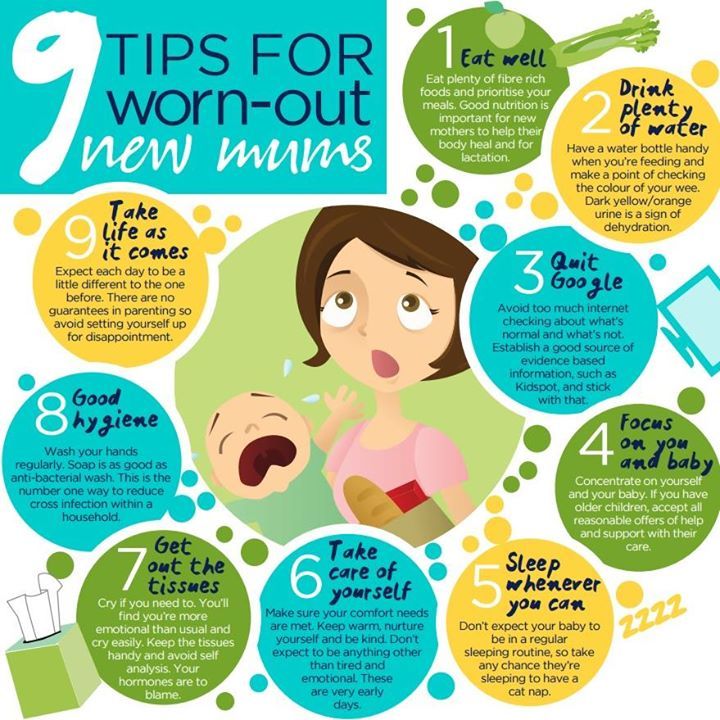 Changes in the body are too small for tests or an ultrasound machine to detect them. To get convincing evidence that you are in a position, you need to wait at least the 7th, and preferably the 10th day of pregnancy, when especially sensitive tests can already show the coveted two strips.
Changes in the body are too small for tests or an ultrasound machine to detect them. To get convincing evidence that you are in a position, you need to wait at least the 7th, and preferably the 10th day of pregnancy, when especially sensitive tests can already show the coveted two strips.
Tests
A test in the first week of pregnancy will either give you nothing or show a questionable result. Too little time has passed since conception for changes to become noticeable.
— If you pass a regular pharmacy test in the first week of pregnancy, where you need to urinate on a strip, it will certainly give you a negative result - the period is too short, gynecologist Dina Absalyamova explains . - The same problem will be with the analysis for hCG. Fluctuations in the level of human chorionic gonadotropin will be so small that the results will be regarded as doubtful.
As a result, the expectant mother can only wait until the gestational age exceeds 10 days and the tests become more reliable.
Do not rush to run for ultrasound diagnostics. In the first week of pregnancy, ultrasound is not indicative, even the most modern equipment is not able to visualize the fetus.
Ultrasonography this early is generally recommended for women who have symptoms specific to an ectopic pregnancy. It can be dangerous, therefore, to exclude such a diagnosis, a gynecologist may prescribe an ultrasound diagnosis.
Those girls who hope to get the first pictures of their unborn child will have to wait until 2-3 weeks.
How can you feel during the 1st week
— During the first week of pregnancy, the mother feels well and very rarely even notices that something has changed in her body. Sometimes there are especially sensitive girls who, already on the 3rd-4th day of pregnancy, notice that their mood and taste preferences are changing, they suddenly start eating foods that they didn’t like before, or vice versa, they give up their previous preferences. Some of them even begin toxicosis at such an early stage, but there are very few such women, explains obstetrician-gynecologist Dina Absalyamova .
Some of them even begin toxicosis at such an early stage, but there are very few such women, explains obstetrician-gynecologist Dina Absalyamova .
Most of the sensations that you may experience in the 1st week of pregnancy are similar to those that usually precede critical days. Many women note that they begin to have characteristic pains in the lower abdomen, and about a week before the start of the cycle.
Some pregnant women note that their breasts become more sensitive, even painful. In some, the pigmentation of the nipples increases and freckles appear. In general, the signs of pregnancy at 1 week are almost invisible.
Menstruation
Since conception occurs in the middle of the menstrual cycle - about 13-14 days in a standard 28-day cycle - girls often do not even suspect that they are pregnant. Monthly something still ahead. The first week of pregnancy after conception ends at about 21-25 days, so there is no need to talk about menstruation and delay yet.
When the time comes for the critical days to start, but they don't, it will become clear that the woman is expecting a baby.
Abdominal pain
This is a misleading sign of early pregnancy. Many women experience pain before critical days, so they do not attach importance to discomfort in the middle and second half of the cycle. However, future mothers often note that it was the pain in the lower abdomen that became the first sign of pregnancy for them. They are usually felt 5-7 days before the cycle, that is, at the end of the first week of pregnancy.
However, pain can also be caused by other causes, such as intestinal dysbacteriosis or disorders of its functions. According to gynecologists, often pain in the pelvis provokes the spine. For example, with osteochondrosis, pain can be given just to the area in the lower abdomen. They may also be associated with pelvic adhesions from previous gynecological surgeries or caesarean sections.
Usually, pain in the lower abdomen is considered as a possible symptom of an ectopic pregnancy, when a fertilized egg is attached not in the uterine cavity, but in the fallopian tube, cervix or on the ovary. However, in the first week of pregnancy, there may not be any discomfort. More often they occur as the embryo grows, by 3-4 weeks.
However, in the first week of pregnancy, there may not be any discomfort. More often they occur as the embryo grows, by 3-4 weeks.
What to do if you become pregnant
First, don't be nervous and make an appointment with a doctor. Whether it is a desired pregnancy or an unplanned one, a trip to the gynecologist is essential. The doctor will register you, give recommendations on tests that will need to be taken in the near future, prescribe vitamins and write out an action plan for all 9months.
Sometimes there is no opportunity to go to the gynecologist for examination, then remember a few simple rules and try to follow them until the next visit to the doctor.
In the first week of pregnancy, do not drink alcohol, avoid antibiotics, avoid hot baths and stress, do not lift weights and try to give up cigarettes, and even better, the society of smokers. Take care of your health, it is undesirable to catch a cold at such an early date.
Try to get more rest, walk in the fresh air, strengthen your immune system and do things that give you pleasure.
Every woman wants to know about pregnancy as early as possible. Over the centuries, many observations have been accumulated that will help confirm the emergence of new life at an early stage. Signs of pregnancy before a delay are primarily associated with a change in the emotional state. Namely, after analyzing it, we can conclude that a child will be born in the near future.
Change in well-being
After pregnancy occurs, a slight malaise can be noted almost immediately. Causeless fatigue from minimal loads appears and efficiency decreases. This is due to the beginning of restructuring in the body of a woman.
In the first days of the birth of a new life, an increase in body temperature is often noted, so an attentive woman who wants to get pregnant will definitely note this factor. Sometimes such a symptom is attributed to a cold, especially if a runny nose, sore throat and cough additionally appear. Such symptoms indicate a decrease in immunity against the background of the restructuring that has begun. The illusion of a cold can persist for several days, and then disappears without any treatment, which indicates that the body has "adapted" to the new state.
The illusion of a cold can persist for several days, and then disappears without any treatment, which indicates that the body has "adapted" to the new state.
Changes in sensations and perceptions
Early signs of pregnancy before a missed period are always associated with changes in certain sensations and perceptions. Almost always, already in the first days after conception, women notice an increase in breast sensitivity. Even light touch causes pain.
The mammary glands increase in size, which causes a feeling of swelling.
The skin around the nipples may also change. It darkens, and the bumps become pronounced, sometimes fluid is released from the nipple. Such symptoms indicate the preparation of the body for future breastfeeding. But such changes are not mandatory, very often the condition of the breast does not change during a long period of pregnancy.
In practice, it has been observed that after conception, women experience aversion to certain fragrances. This cannot go unnoticed, because disgust is caused by smells to which there were no negative reactions before. Most often, the aroma of fried meat or fish seems disgusting. It is possible that in the first days of pregnancy there may be aversion to the smells of your favorite perfumes. Such symptoms may indicate the onset of early toxicosis, which will bring a lot of trouble in the near future.
This cannot go unnoticed, because disgust is caused by smells to which there were no negative reactions before. Most often, the aroma of fried meat or fish seems disgusting. It is possible that in the first days of pregnancy there may be aversion to the smells of your favorite perfumes. Such symptoms may indicate the onset of early toxicosis, which will bring a lot of trouble in the near future.
There may also be a change in taste preferences even before the delay. For example, there is a desire to eat incompatible foods or to taste inedible substances. Sometimes in the first weeks of pregnancy there is a complete loss of appetite or a constant feeling of hunger.
Physiological signs
Frequent urination may occur before a missed period. This is due to the increase in the amount of female hormones. This leads to a change in the functioning of the kidneys. In addition, the uterus after conception increases slightly and puts pressure on the bladder. Of course, this symptom is more pronounced in the later stages of pregnancy.
Immediately after conception, progesterone production increases. This hormone leads to a delay in the body of salts and fluids. Because of this, swelling of the legs and arms occurs, but at an early stage of pregnancy, they are practically invisible.
In the early stages, heaviness and slight pulling pains in the lower abdomen may be felt. They resemble premenstrual syndrome and do not cause severe discomfort. This is due to the fact that when the embryo is attached to the uterus, there is an increase in blood circulation in the pelvic area.
It is important to understand that severe and sudden onset pain may indicate an ectopic pregnancy or be a harbinger of spontaneous miscarriage. This is a dangerous condition that requires emergency medical attention.
Psychological changes
Pregnancy symptoms before delay are often associated with psychological changes. First of all, unreasonable mood changes are observed. Such a sign is indicative in women who are distinguished by a balanced character. The reason for a sharp change in mood is a change in hormonal levels.
The reason for a sharp change in mood is a change in hormonal levels.
In practice, this manifests itself in the fact that gaiety is abruptly replaced by melancholy without explainable reasons. Sometimes women in the first weeks of pregnancy become irritable, forgetful, tearful and make high demands on others. Feelings of increased anxiety are also common symptoms.
Against the background of ongoing changes in the body of a woman, almost immediately after conception, there is a deterioration in sleep. Such a manifestation is one of the clear signs of pregnancy before the delay in menstruation. There may be a need for a longer night's rest.
An attentive woman, for whom pregnancy is desired, will always be able to determine it before the delay. This will allow you to properly prepare for the first visit to the gynecologist. It should be understood that the first symptoms of pregnancy can be noticed no earlier than the 8-10th day from the moment of conception. During this period, the embryo is fixed on the wall of the uterus and certain changes begin to occur in the female body.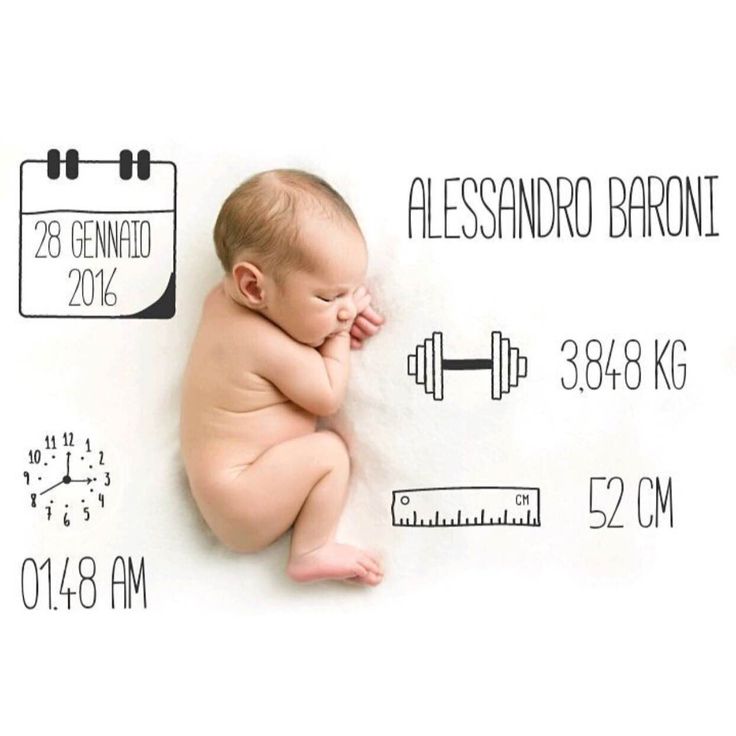
How noticeable the signs of pregnancy will be before a delay depends on the characteristics of the organism. If there is a high sensitivity to hormonal changes, the symptoms will be difficult to ignore. Most women, even before using a pregnancy test, are confident in their condition. Therefore, all that is needed before visiting a doctor is to be attentive to your health. It is important to start eating right, to exclude nervous strain and heavy physical exertion. In case of any negative reaction of the body, a doctor should be consulted immediately.
All materials presented on the site are for educational purposes only and are not intended for medical advice, diagnosis or treatment. The site administration, editors and authors of articles are not responsible for any consequences and losses that may arise when using the site materials.
Pregnancy is a truly exciting and memorable period in the life of every woman. However, usually her first weeks go unnoticed by the expectant mother. Most girls find out about their situation when they have a delay in menstruation and two strips on the test.
Most girls find out about their situation when they have a delay in menstruation and two strips on the test.
Some women are so anxious to get pregnant that they try to determine if they conceived in just the first few weeks. What symptoms can tell about it? Read on.
Subjective first signs of pregnancy
Often, the first changes in the body that a woman differentiates as signs of pregnancy can be symptoms of PMS. However, if you have never suffered from premenstrual syndrome before, you should pay attention to them:
Feeling of weakness, malaise and increased fatigue even with habitual exertion.
Sleepiness during the day and insomnia at night.
Unstable emotional state. A woman's mood can change drastically in a matter of seconds for no good reason.
Feeling of heaviness in the lower abdomen, lower back and pelvic area.
Constant headache and dizziness.
Change in libido. Moreover, it can both decrease and increase.
Intermittent sensation of heat or chills that follow each other.
Increased sensitivity of the mammary glands to the point that any touch to the breast responds with extremely unpleasant sensations and even pain.
Increased appetite or change in eating habits. From the first days of pregnancy, a girl may want to eat more or eat those dishes that she did not like before.
The appearance of an unreasonable feeling of nausea. In some cases, heartburn and vomiting appear. This condition is called toxicosis.
Increased sensitivity to odors and perversion of the sense of smell.
All of the above signs cannot give an exact answer to the question: has pregnancy occurred or not? However, they allow her to suspect and move on to more accurate and reliable diagnostic methods.
External changes during the first days of pregnancy
Also, in addition to the symptoms indicated in the previous section of the article, which the woman notes herself, there are certain external changes that are noticeable to the people around.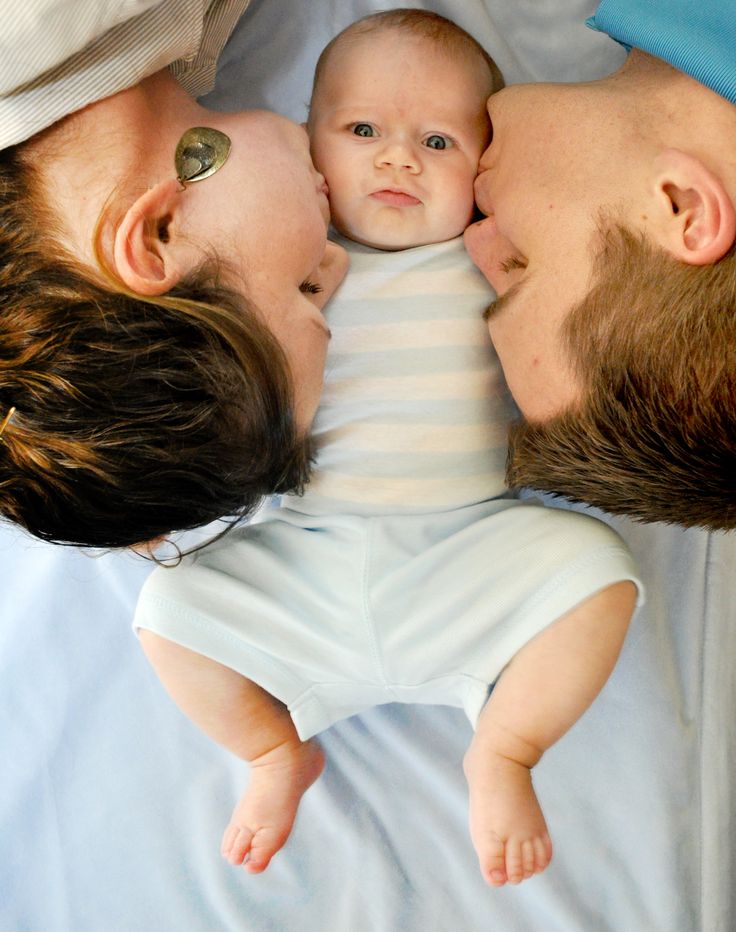
Skin problems may appear due to hormonal changes. Many girls who have not previously suffered from acne notice that rashes have begun to appear.
Swelling of the face, arms and legs also accompany the period of pregnancy, including in the early stages. Sometimes their severity reaches such an extent that the girl cannot walk in her usual shoes.
The breast can increase by 1-2 sizes already in the first weeks of pregnancy. At the same time, the appearance of a venous vascular pattern on it and darkening of the areola of the nipples are noted.
There is also increased pigmentation of the midline of the abdomen, running from the navel to the pubis. This symptom is observed in most pregnant women.
Blush often appears on the skin of the face. This symptom is explained by increased blood flow in the body of the expectant mother.
Clinical symptoms at the beginning of pregnancy
Already in the first few days after conception, the following conditions and changes in the body of a pregnant girl may develop:
Early factor.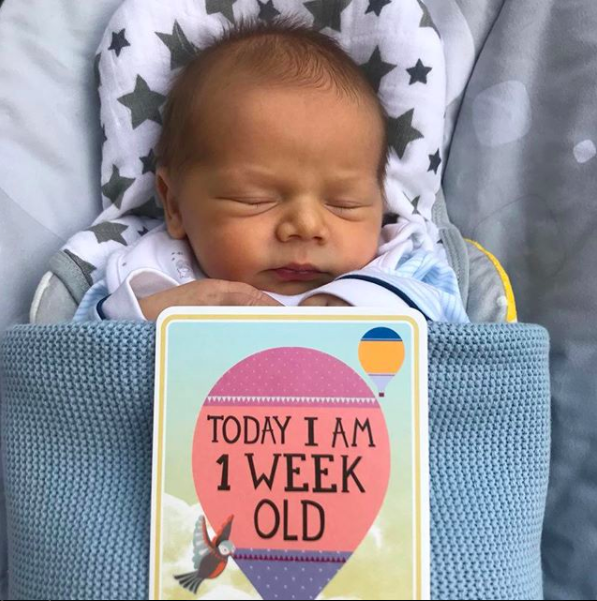 This is the name of a special substance that is released 1-2 days after fertilization. According to the data obtained, it is found in 67% of the examined women, in whom pregnancy was subsequently confirmed.
This is the name of a special substance that is released 1-2 days after fertilization. According to the data obtained, it is found in 67% of the examined women, in whom pregnancy was subsequently confirmed.
Bloody discharge from the genital tract. They may have a yellowish or pinkish tint and appear when the ovum is attached to the uterine walls. This usually happens at the end of the first, beginning of the second week after conception.
An increase in basal body temperature, which appeared at the time of ovulation, persists for a long time if fertilization has occurred. Its measurement can indirectly confirm the onset of pregnancy. It can also rise to 37 degrees and the overall body temperature.
Paresthesia, pain and cramps in the calf muscles. As a rule, they occur late in the evening or at night, causing sleep disturbances and even insomnia.
Decreased blood pressure, which is manifested by severe weakness and dizziness. With significant hypotension, fainting is possible.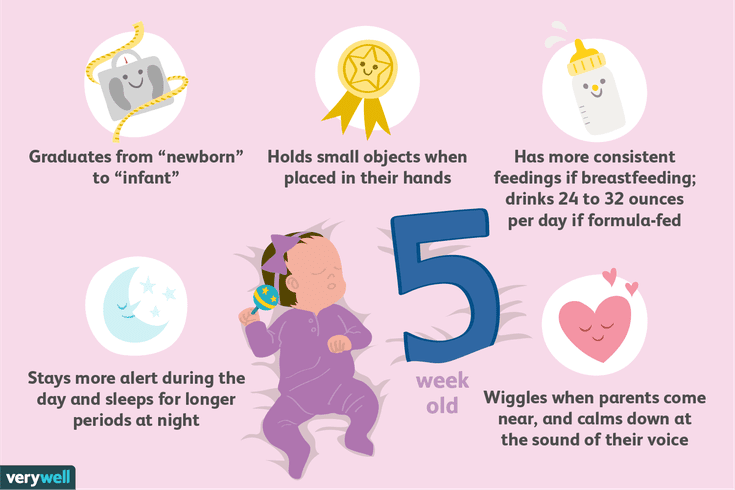 The risk of developing such a condition is a long stay in a stuffy, unventilated room or in a standing position.
The risk of developing such a condition is a long stay in a stuffy, unventilated room or in a standing position.
Reduced immunity. Manifested by frequent colds. Also, against the background of immunodeficiency of pregnant women, candidiasis of the genital organs or, otherwise, thrush may be disturbing.
Increased urge to urinate. Most often, this symptom appears in the later stages of pregnancy, but it can also occur in the first days.
Despite the huge number of symptoms, nevertheless, most often a woman pays attention to the delay in menstruation. And not casually. This is the most obvious and accurate symptom, which should lead you to certain thoughts. Of course, menstrual irregularities occur with a huge number of pathological conditions. However, if you are planning a pregnancy, a delay may be the first bell indicating the onset of a long-awaited conception.
Immediately after the onset of the above symptom, a test can be performed that is sensitive to an increase in hCG.
Based on all of the above, we can conclude that there are many, both subjective and objective symptoms of the onset of pregnancy. However, it should be remembered that only a specialist can confirm it during a special examination and definitely not in the first few days after fertilization.
All material on this site is for educational purposes only and is not intended for medical advice, diagnosis or treatment. The site administration, editors and authors of articles are not responsible for any consequences and losses that may arise when using the site materials.
The most exciting and wonderful period of time for many women is pregnancy. For some, this news brings true happiness, while for others it can cause panic or fear. Therefore, it is better to find out about it as soon as possible and make the right decision for yourself.
How pregnancy begins
Pregnancy occurs immediately after conception. However, conception can only become possible if the process of ovulation has occurred in the woman's body.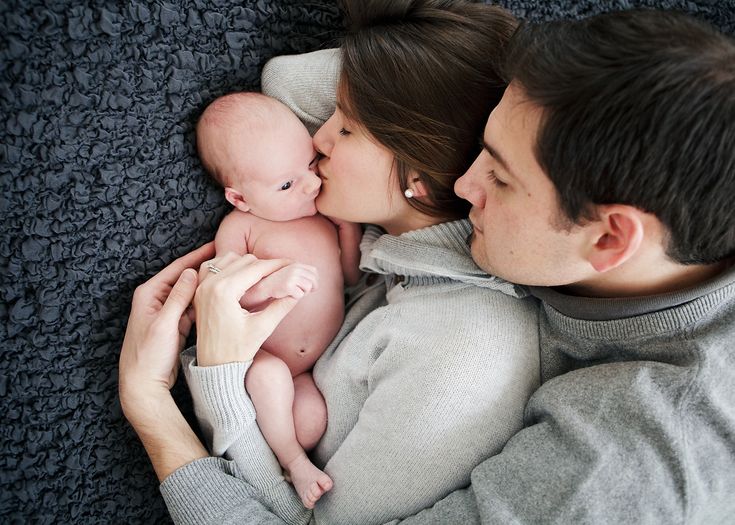
Ovulation in a woman
Ovulation is the process in which a mature new egg is released from the ovary into the fallopian tube. In women, ovulation occurs about 14 days before a new period. The egg cell lives 12-36 hours after it has left the ovary.
From a physiological point of view, it can be stated with absolute certainty that conception is possible only during the period of ovulation, which lasts only up to 36 hours in a woman's body. Given the preservation of the viability of the sperm up to several days, 2-3 days before and 2-3 days after ovulation are considered favorable for conception.
On other days, the probability of conception is no higher than 15%. Exceptions may be an irregular cycle, as a result, floating ovulation, or a rare phenomenon - double ovulation.
Beginning of pregnancy
Fertilization occurs directly in the fallopian tube, where one in a billion sperm fuses with the egg. In the first few hours after conception, an already fertilized egg begins to divide on its way to the uterus, so more and more new embryo cells appear every hour and day.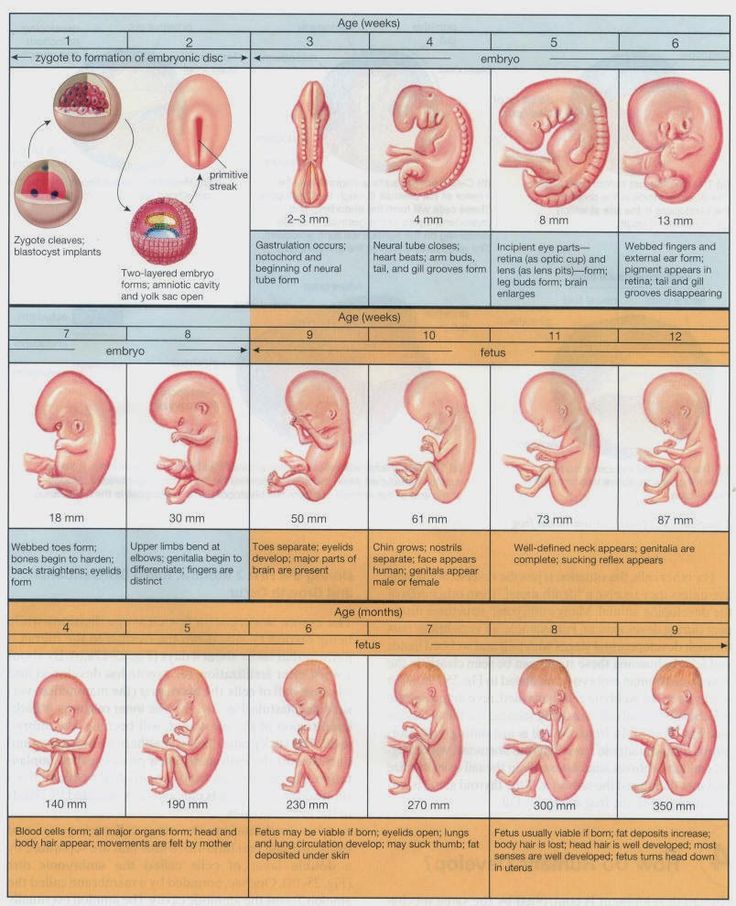
When a fertilized egg enters the uterus, it begins to attach to the endometrium, that is, to be implanted. Only after that all the necessary chemical and physical reactions are formed to start pregnancy.
The whole process from conception to implantation takes 7 to 12 days. Spermatozoa can live in the female body for 6 to 7 days, but they can remain active for no more than 3 days.
Early signs of pregnancy
When a woman becomes pregnant, the so-called restructuring begins in her body in order to successfully bear and give birth to a child. All changes in this period, even before the delay of menstruation, have their own signs.
These include:
Minor bleeding about 6-12 days after intercourse
Frequent and painful urination
Often there are cold symptoms, that is, headaches, fatigue, fever, malaise.
Decrease in blood pressure
Sensitivity of the mammary glands, they may swell a little or become painful.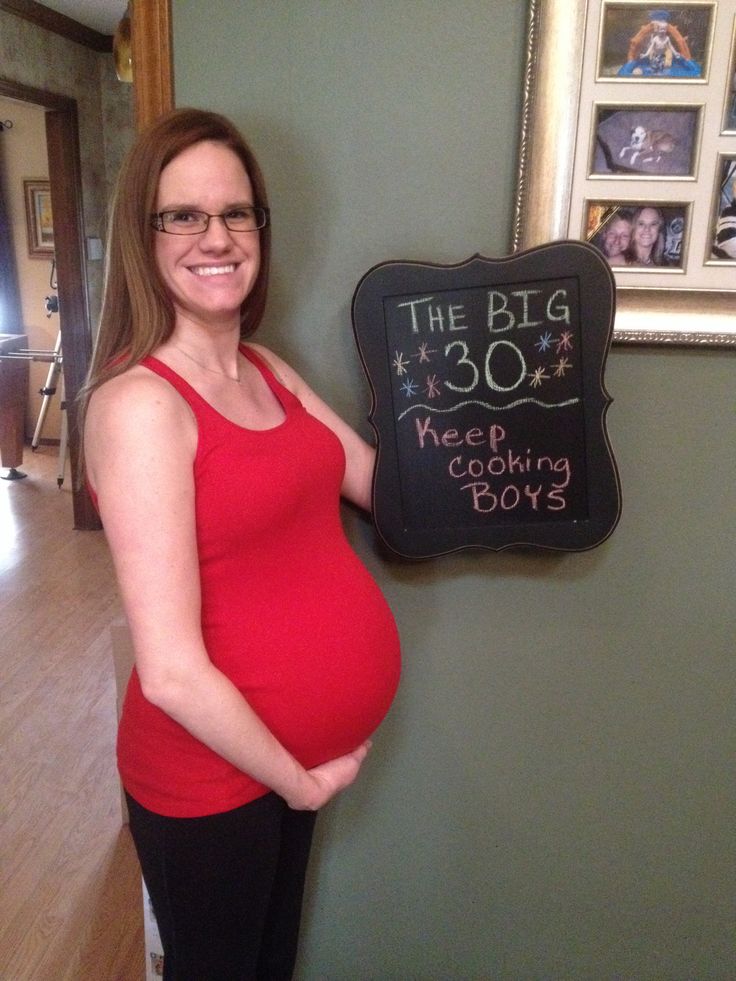
Feeling of fullness in the lower abdomen, this may be due to the fact that in pregnant women the blood flow to the pelvic area increases and the uterus becomes larger.
Hypersensitivity to smells
Indirect signs
Most women often do not notice the beginning of pregnancy and the beginning of life. Only after a new cycle of menstruation does not occur, the girls begin to suspect something. Doctors say that the delay in menstruation is the very first sign, but still indirect. After all, the delay may occur due to hormonal disruptions, inflammatory processes or other reasons.
Ectopic pregnancy
Sometimes an ectopic pregnancy occurs, in which the baby develops outside the uterus. This may be due to inflammation, congenital or acquired pathologies of the fallopian tubes, hormonal disorders. Unfortunately, the child cannot be saved.
It is extremely important to determine the pathology in the early stages, otherwise the woman's life will be in danger.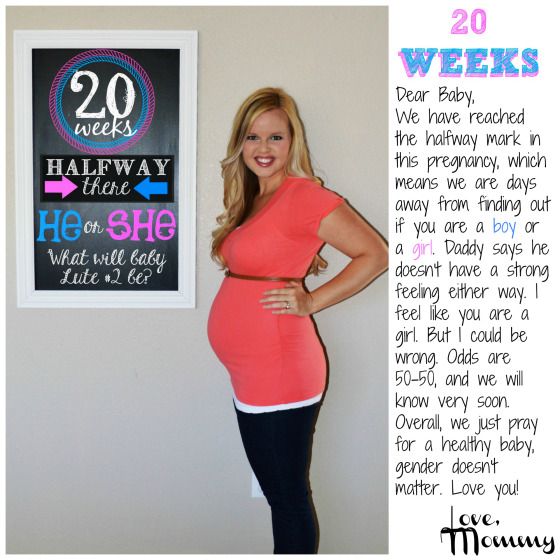 At the initial stages, it is no different from the usual one, but in the future, the development of the fetal egg in the wrong place will lead to intra-abdominal bleeding and an urgent operation will be required.
At the initial stages, it is no different from the usual one, but in the future, the development of the fetal egg in the wrong place will lead to intra-abdominal bleeding and an urgent operation will be required.
Pregnancy diagnostic system
If you do not rule out pregnancy, you need to visit a gynecologist, undergo a diagnostic ultrasound to rule out an ectopic pregnancy. It is impossible to detect an ectopic pregnancy with a regular pregnancy test. Because just like with a normal pregnancy, the test will show a positive result. But the only difference is that an ectopic can be dangerous to life and health and requires surgical intervention.
Pregnancy tests
In order to independently find out whether a woman is pregnant or not at the initial stage, with indirect signs and suspicions, you can purchase a pregnancy test. This is the fastest and easiest method. There is a huge variety of tests from the simplest and cheapest to expensive and electrical ones.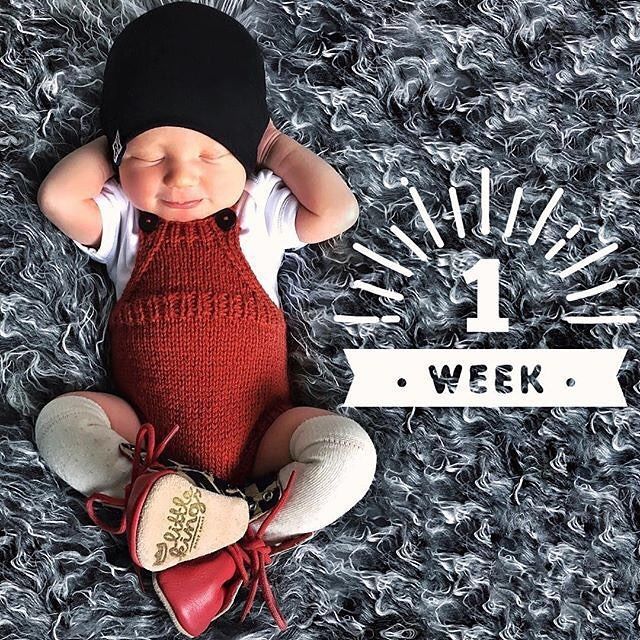 There are four generations of tests, namely:
There are four generations of tests, namely:
Ordinary paper strips;
Cassette or plate test;
Electronic, digital test.
How the pregnancy test works
The pregnancy test works like a litmus test. It determines the presence in the urine of a special hormone (human chorionic gonadotropin), which is secreted by the placenta. Each woman can produce different antibodies contained in a particular hormone. Therefore, it is best to take a pregnancy test, which contains all known antibodies, it will accurately show the correct result.
A false-positive test may occur if a tumor develops in the organs of the female reproductive system.
But false negative tests are less common and can only mean that the level of the hCG hormone is still too low to diagnose pregnancy.
Determination of pregnancy and term by tests
In order to accurately determine the term of pregnancy, you need to donate blood from a vein on an empty stomach. A blood test can indicate the period up to the day and is carried out in the early stages, already on the 6th day after conception. In the blood, they recognize the indicators of the pregnancy hormone - hCG, human chorionic gonadotropin. It is this hormone that is responsible for the development and course of pregnancy. It blocks the menstrual cycle and activates the production of other hormones necessary to maintain pregnancy. HCG activity is maintained throughout pregnancy.
A blood test can indicate the period up to the day and is carried out in the early stages, already on the 6th day after conception. In the blood, they recognize the indicators of the pregnancy hormone - hCG, human chorionic gonadotropin. It is this hormone that is responsible for the development and course of pregnancy. It blocks the menstrual cycle and activates the production of other hormones necessary to maintain pregnancy. HCG activity is maintained throughout pregnancy.
The hCG hormone is determined both in the blood and in the urine. However, its concentration in the blood increases much faster, so a blood test will be more informative at an early date than a test using urine.
It is very important to know that the determination of the hCG hormone level is an important point in early pregnancy research. Especially important values become with threats, missed pregnancy, ectopic pregnancy. Diagnostics can only be carried out in specialized laboratories and only a specialist can interpret the results.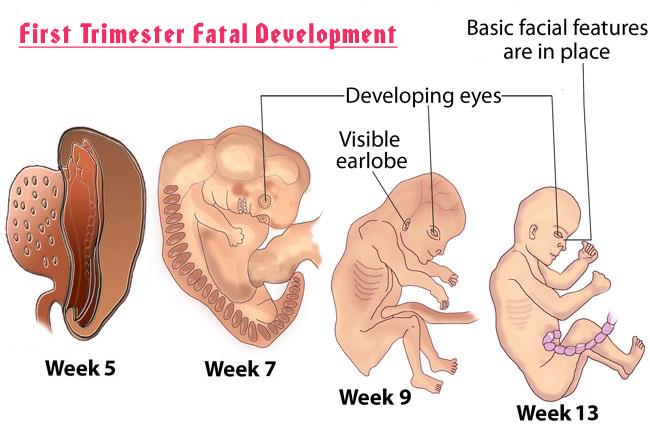 HCG tests for home use do not exist.
HCG tests for home use do not exist.
Finally! Your period is delayed. If you want a baby, there is great hope that you will get pregnant this time. A pregnancy test will soon show you more. At the same time, you can observe yourself - perhaps you have already noticed any changes. Your body usually clearly shows you that fertilization has taken place. Most of the symptoms are associated with an increase in hormone levels.
Of course, not every sign means you are pregnant. But the more typical symptoms you notice, the more likely it is. However, in the end, only a doctor can make the final decision: "You're pregnant - congratulations!"
Uncertain early signs of pregnancy
The first signs of pregnancy are as varied as they are vague. Often the early signs of pregnancy appear even before the missed period. These may be early symptoms of pregnancy:
- Nausea and vomiting
- Lead fatigue and fatigue
- Increased food cravings and unusual food cravings
- Sensitive breasts and darkened nipples
- Changes in smell and taste
- Abdominal cramps, slight bleeding and discharge
- Growth of hair and nails
- Skin changes
- Nausea or constipation
vomiting
The most famous first sign of pregnancy you have seen a thousand times in the movies: the heroine hurriedly runs away, she suddenly feels sick. She doesn't know she's having a baby yet, but everyone in the movie theater has already taken the hint.
She doesn't know she's having a baby yet, but everyone in the movie theater has already taken the hint.
Nausea is not really typical. Some women feel very ill, others tend to feel a little sick.
"Lead" fatigue and fatigue
Are you as tired during the day as if you had sat up all night? The sofa is calling you at noon, and your eyes start to close as if by magic? An overwhelming need for sleep is one of the most common signs of pregnancy. If you notice unusual tiredness or fatigue, you may be pregnant.
Frequent urination
You constantly have to run to the toilet, even if you drink no more than usual. This could be another early sign of pregnancy: once the embryo is implanted, the hormone human chorionic gonadotropin (hCG) is released, which makes you go to the toilet more often.
Increased food cravings and unusual eating habits
Is your body just screaming for chocolate or would you get up at night to buy greasy chips at the gas station? Or do you have other unusual food addictions ? Bingo! It is possible that you are pregnant. Many women report strange eating habits as early signs of pregnancy : for example, they pour hot salsa straight from the jar or, being convinced vegetarians, feel an irresistible craving to bite directly from a hearty salami stick.
Many women report strange eating habits as early signs of pregnancy : for example, they pour hot salsa straight from the jar or, being convinced vegetarians, feel an irresistible craving to bite directly from a hearty salami stick.
Sensitive breasts and darkened nipples
Your breasts may also show early signs of pregnancy. Pay attention to the following symptoms: the breast begins to thicken and fill up, as before menstruation. To the touch, the mammary glands are more plump and large and very sensitive to touch. Your areola often looks darker than usual . The opposite symptom, discoloration, can also be caused by a hormonal imbalance or a previous pregnancy.
Changes in smell and taste
Every day you find that the detergent smells unbearably . Or you complain to your husband that he has been bathing in cologne lately. Are you familiar with this? Hypersensitivity to odors usually seen in early pregnancy .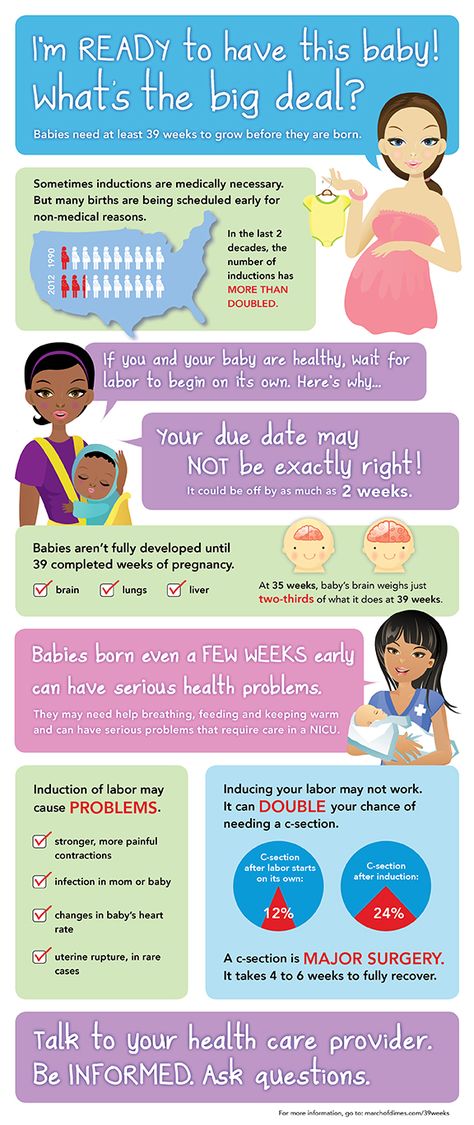 Some women experience a strange metallic taste in their mouths . Another early sign of pregnancy can also be a sudden aversion to alcohol or tobacco.
Some women experience a strange metallic taste in their mouths . Another early sign of pregnancy can also be a sudden aversion to alcohol or tobacco.
Abdominal cramps, slight bleeding and discharge
Pulling in the abdomen, as if menstruation is about to begin. You are disappointed and think: “It didn’t work out with the child again!”. Or you even notice a small spot or highlights. But day after day passes, and there are still no periods. Then these symptoms may be early signs of pregnancy. These symptoms are usually harmless and are caused by the implantation of a fertilized egg in the uterus. If you want to be on the safe side, try not to strain yourself and avoid exercise. If you notice anything unusual, see your doctor.
Elevated basal body temperature
You can find out if you are pregnant by regularly measuring your basal body temperature: if in the morning after waking up for eighteen days your temperature is higher than usual , then most likely you are pregnant.
When do the early signs of pregnancy appear?
It is impossible to say exactly in which week of pregnancy certain symptoms of pregnancy appear. When the first signs of pregnancy appear and whether they appear at all depends on the individual woman. However, the early symptoms of pregnancy can be roughly attributed to the following weeks.
4th week: implantation pain and slight bleeding, breast tenderness.
5th and 6th week: mood swings, fatigue, hunger, nausea and vomiting
7th and 8th week: nausea, circulation problems, dizziness, low blood pressure, insomnia , frequent urination,
weeks 9 and 10: breast changes, nausea, shortness of breath
weeks 11 and 12: bloating, constipation
The three surest signs of pregnancy
There are many early symptoms of pregnancy, but the surest signs of how to understand that you are still pregnant:
1. Cessation of menstruation.
Cessation of menstruation.
This is the surest sign of pregnancy. Sometimes stress, hormonal fluctuations or an organic disease are to blame, but it is better to take a pregnancy test.
2. You suffer from nausea.
A few days after conception, you may feel slightly unwell. Some women experience nausea only in the morning (morning sickness), others more frequently during the day. It is caused by the pregnancy hormone, human chorionic gonadotropin (hCG).
3. Your pregnancy test is positive.
Congratulations! - then rather contact your gynecologist and start looking for an obstetrician-gynecologist for childbirth.
Remember: If anything seems unusual, see a doctor as soon as possible. Even if the pregnancy test is positive, make an appointment with your doctor.
How to choose a breast pump
Breast changes from the beginning of pregnancy to the end of breastfeeding
Every woman has a moment in her life when she looks forward to a joyful moment, the moment when she finds out that she will soon be a mother, and listens to herself, expecting to feel the first signs of pregnancy.
Conception
The mystery of the fusion of two sex cells - the egg and sperm, usually occurs 14-13 days before menstruation. But sometimes in a woman, the day of ovulation in the menstrual cycle is shifted by several days. The reason for this can be stress, illness, a sharp change in climate ...
Auxiliary methods come to the rescue to accurately determine the auspicious day of conception. The most commonly used test for ovulation. It's easy, simple and affordable. For the study, saliva or urine is used (read the instructions for each test) and the test itself. Currently, there are many types of tests, but the meaning is the same - determining the level of luteinizing hormone. This hormone is produced by the pituitary gland and the peak of LH occurs a day before ovulation. The test is considered positive when the test band is the same or brighter than the control. If you receive a positive result, this and the next few days will be the most favorable for the conception of your baby.
Another popular and informative method is folliculometry. This is a multiple ultrasound performed in one menstrual cycle. In the study, the dominant follicle is determined, its maturation is controlled and the fact of ovulation is established. Dates are calculated by the doctor individually, based on the duration of the menstrual cycle. From the days of the duration of the menstrual cycle, 14 are taken away, we get the day of ovulation in the menstrual cycle.
For example: menstrual cycle 30 days - 14 = 16. Ovulation takes place on the 16th day of the menstrual cycle. The first ultrasound is performed 6 days before ovulation. The calculation is carried out according to the formula 16-6=10. In this example, the 10th day of the menstrual cycle. At the first ultrasound, the doctor will determine the next visit. More often it is 3 studies per cycle.
Let's not forget the old tried and tested method - basal body temperature. Temperature measurement is carried out in the rectum from the first day of the menstrual cycle, in the morning, at the same time, without getting out of bed, with the same thermometer. The results are entered on the coordinate axis and the result is evaluated. Before ovulation, the temperature decreases, during ovulation and in the second phase of the cycle it rises by 04.0-0.6 degrees. A day with a drop in temperature and the next day or two will be considered favorable for conception.
The results are entered on the coordinate axis and the result is evaluated. Before ovulation, the temperature decreases, during ovulation and in the second phase of the cycle it rises by 04.0-0.6 degrees. A day with a drop in temperature and the next day or two will be considered favorable for conception.
The long-awaited day of ovulation has come. The suspense begins.
Early signs of pregnancy
Many women seek early signs of pregnancy as early as the first week after conception. They listen to themselves, to their feelings, try to notice even minor changes. But the first week the woman does not feel anything, no matter how much she wants to.
The first signs of pregnancy include a delay in menstruation with a regular menstrual cycle. A few days before the expected menstruation, some women note an increase and soreness of the mammary glands, heaviness in the lumbar region, irritability, and a sharp change in mood. These symptoms are very similar to PMS (premenstrual cider).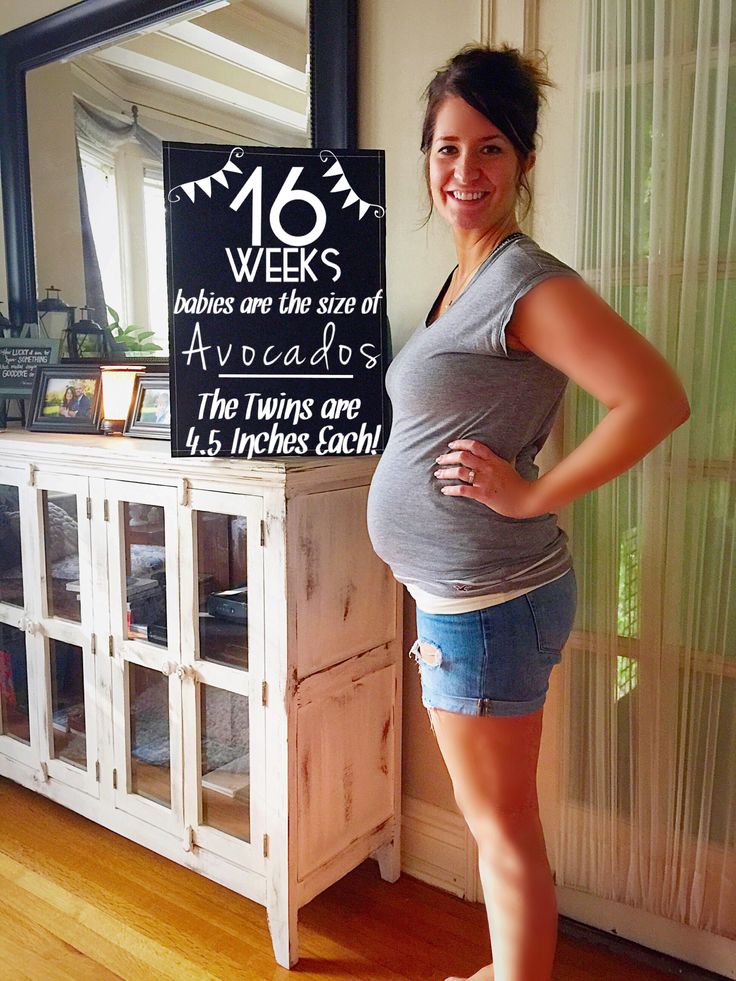 Therefore, if a woman is used to experiencing this condition before menstruation, then the first symptoms of pregnancy may not be noticed. The appearance of meager spotting from the genital tract 7 days after ovulation and later may indirectly indicate implantation has begun. Already in the early stages of pregnancy, a change in appetite may appear in the form of disgust or vice versa addiction to any food or dish. Women note weakness, drowsiness, increased fatigue. These changes are caused by changes in the body, primarily hormonal levels, which begin with the onset of pregnancy.
Therefore, if a woman is used to experiencing this condition before menstruation, then the first symptoms of pregnancy may not be noticed. The appearance of meager spotting from the genital tract 7 days after ovulation and later may indirectly indicate implantation has begun. Already in the early stages of pregnancy, a change in appetite may appear in the form of disgust or vice versa addiction to any food or dish. Women note weakness, drowsiness, increased fatigue. These changes are caused by changes in the body, primarily hormonal levels, which begin with the onset of pregnancy.
Early diagnosis of pregnancy
How do you want to know about the onset of pregnancy before the first signs appear. What tests should be taken to confirm pregnancy as early as possible? Let's take everything in order.
The first 7 days the fetus exists separately from the mother. During this time, it passes through the fallopian tube and enters the uterine cavity. The concentration of substances that the cells of the embryo produce during this period is very small. Therefore, nothing can be determined in the first week. So is it possible to talk about the onset of pregnancy before getting a positive result on the test strip? Yes, you can!
Therefore, nothing can be determined in the first week. So is it possible to talk about the onset of pregnancy before getting a positive result on the test strip? Yes, you can!
On the 7th-8th day of conception, the embryo begins to invade the uterine mucosa, and the trophoblast (future placenta) begins to produce chorionic gonadotropin (hCG), which already enters the mother's bloodstream. The concentration of this hormone increases every day. Already on the 10th day of conception, it is possible to determine the diagnostic level of hCG in the blood. For greater information, it is better to repeat the analysis after 48 hours and make sure that the concentration of hCG increases. But you can get two long-awaited stripes on the test in 4-6 days from the diagnosis of hCG in the blood. The fact is that the concentration of human chorionic gonadotropin is much higher in the blood than in the urine. And the diagnostic concentration of the hormone in the urine appears somewhat later.
Ultrasound is one of the early diagnostic methods.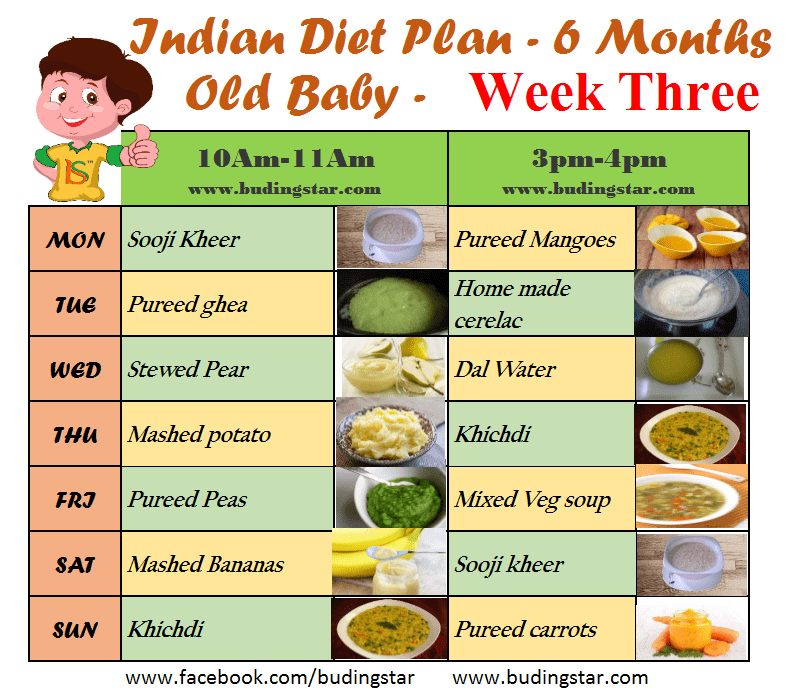 Ultrasound is performed at the 5th week of pregnancy, which corresponds to 1 week of delayed menstruation. At this time, the ovum, the place of implantation, is already determined, which makes it possible to exclude an ectopic pregnancy. The fetal heartbeat can be heard a little later - from the 6th week of pregnancy.
Ultrasound is performed at the 5th week of pregnancy, which corresponds to 1 week of delayed menstruation. At this time, the ovum, the place of implantation, is already determined, which makes it possible to exclude an ectopic pregnancy. The fetal heartbeat can be heard a little later - from the 6th week of pregnancy.
In today's world everything happens quickly and dynamically. We set the same pace for our personal lives. Everything is needed here, now and quickly. Quickly find out about the onset of pregnancy, quickly endure, give birth, quickly go to work.
Monthly development of the child - Geburtsinfo Wien
Child
When the ovum combines with the sperm in the fallopian tube, fertilization occurs. Within 6-10 days, a woman's fertilized egg enters the uterine cavity and is implanted in the wall. Until the end of the 4th week of pregnancy, the egg divides several times. The embryo is about the size of a grain of rice. The placenta is formed.
Mother
Many women begin to experience the first discomfort, such as nausea, frequent urge to urinate, or increased fatigue. Pregnancy is not a disease, it does not mean a drastic change in lifestyle! This also applies to the field of sexual relations. In case of bleeding or pain, it is strongly recommended to consult a doctor.
Baby
At the seventh week, the fetus is about the size of a walnut. From now until 21 weeks it will grow very fast.
Mom
Do you experience joy that suddenly turns into sadness? Mood swings are completely normal and can accompany you throughout your pregnancy. This is due not only to the restructuring of the hormonal background. You need to mentally adjust to the new situation. If you're feeling sad or frustrated for a long time, or you're having marital or financial problems, seek professional help. During this difficult period, specialized antenatal clinics will help you.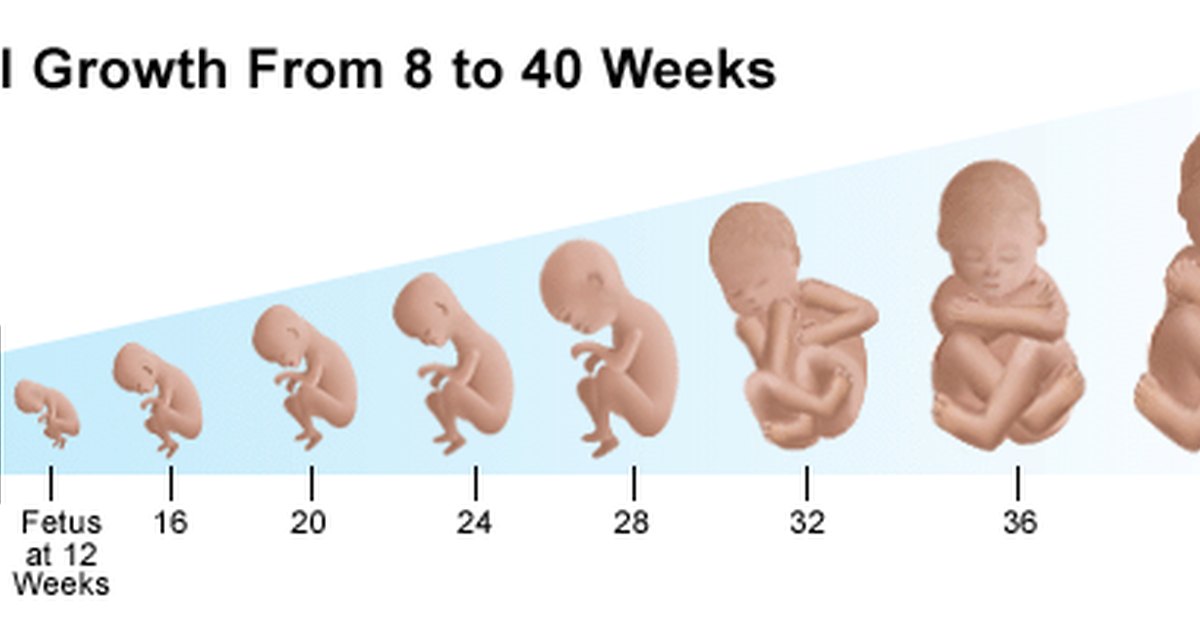 The good news: By the end of the third month, most pregnant women experience nausea.
The good news: By the end of the third month, most pregnant women experience nausea.
Child
The face with ears, nose and eyes is already very similar to human features. The little heart beats confidently. You will see this at the first ultrasound examination between the 8th and 12th weeks of pregnancy. During this period, vital organs also develop: the liver, kidneys, intestines, brain and lungs are already formed. At the end of 12 weeks, the fetus weighs 50 to 70 g with a height of 8 cm from head to toe.
Attention! It is important that you have your first mother and child passport screening before the end of 16 weeks.
Mother
In many women, pregnancy becomes noticeable due to the growth of the belly. Rub the cream daily into the skin of the abdomen to prevent stretch marks. Stretch mark ointment can be purchased at a pharmacy or beauty supply store. You can also use regular olive oil.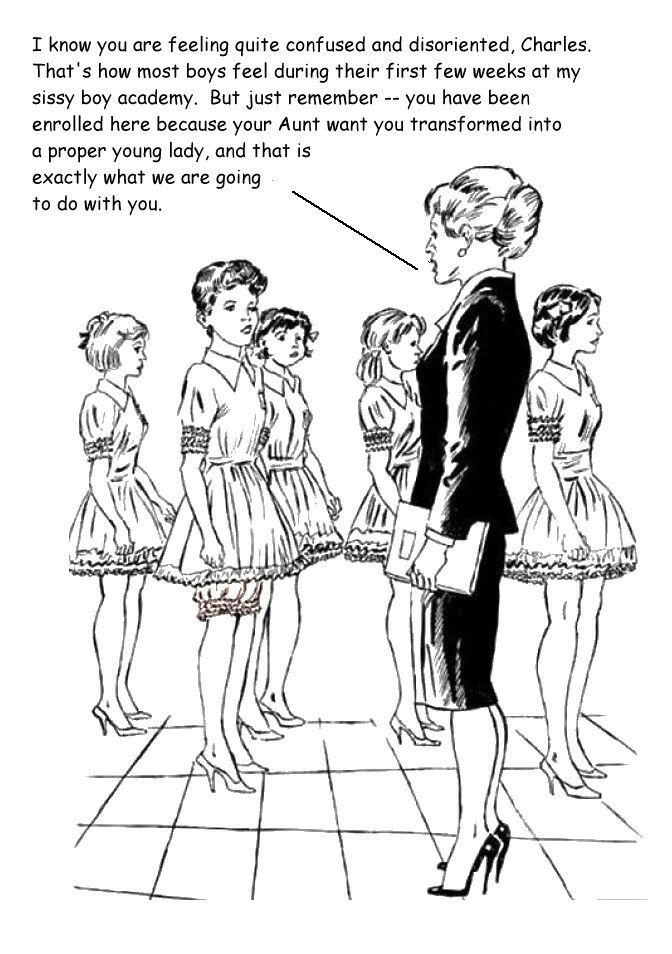
Baby
All of your baby's organs are fully formed and are only growing. Eyebrows and hair begin to grow. At the end of the month, the fruit reaches the size of an avocado. He is already very mobile and can suck his thumb.
Attention! Between the 18th and 22nd weeks of pregnancy, a second ultrasound examination is necessary. The doctor measures the size of the child and evaluates his development. In addition, the doctor can already determine the sex of your baby.
Mom
Between 18 and 20 weeks of pregnancy, you may first feel your baby pushing. Many women experience this as a gentle pat. Sometimes the muscles of the uterus can contract for a few seconds. The abdomen becomes hard. This is absolutely normal.
Baby
Your baby is already moving his arms, fingers, legs and feet, more and more purposefully every time. Every day he drinks about half a liter of amniotic fluid.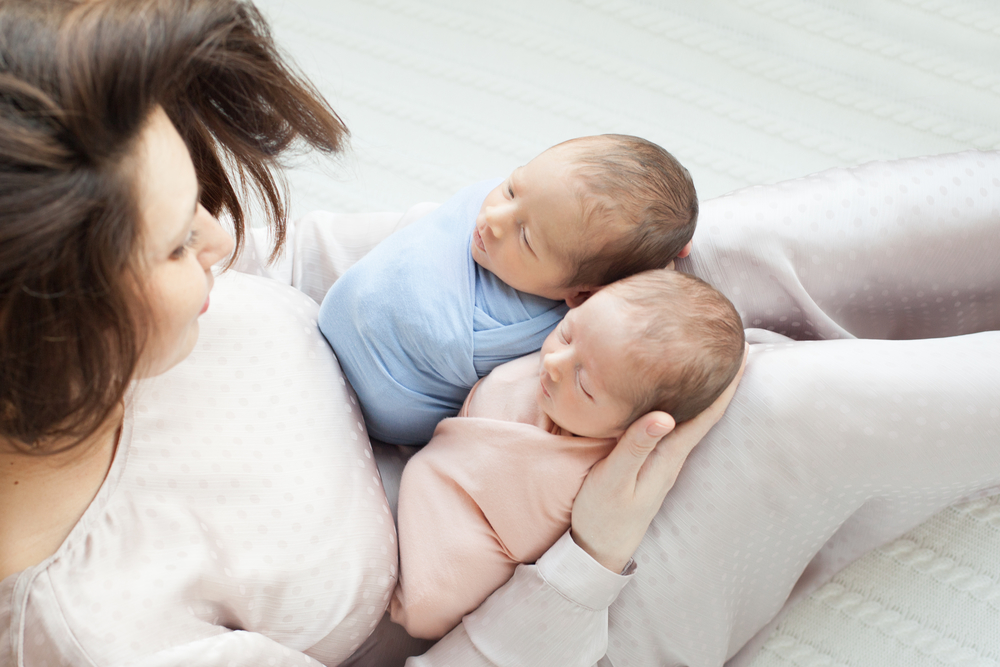 In professional medical language, from this point on, the child is called a fetus.
In professional medical language, from this point on, the child is called a fetus.
Mom
Physiological complaints (nausea, urge to urinate and fatigue) usually disappear by this time. Enjoy this time!
Baby
The fetus already looks like a “real” baby. He already hears, and his height is about 25 cm. Many babies begin to hiccup after drinking amniotic fluid. At the same time, your stomach makes short rhythmic movements.
Mom
Many women start to accumulate water in the body at this time. Leg cramps, hemorrhoids, varicose veins, and itching on the abdomen may also appear.
Baby
At the end of the seventh month, the baby measures between 35 and 38 cm from head to toes. He already knows how to open his eyes. If he notices a bright stream of light outside, then he turns his head in that direction. Your child is exercising his lungs with small breaths.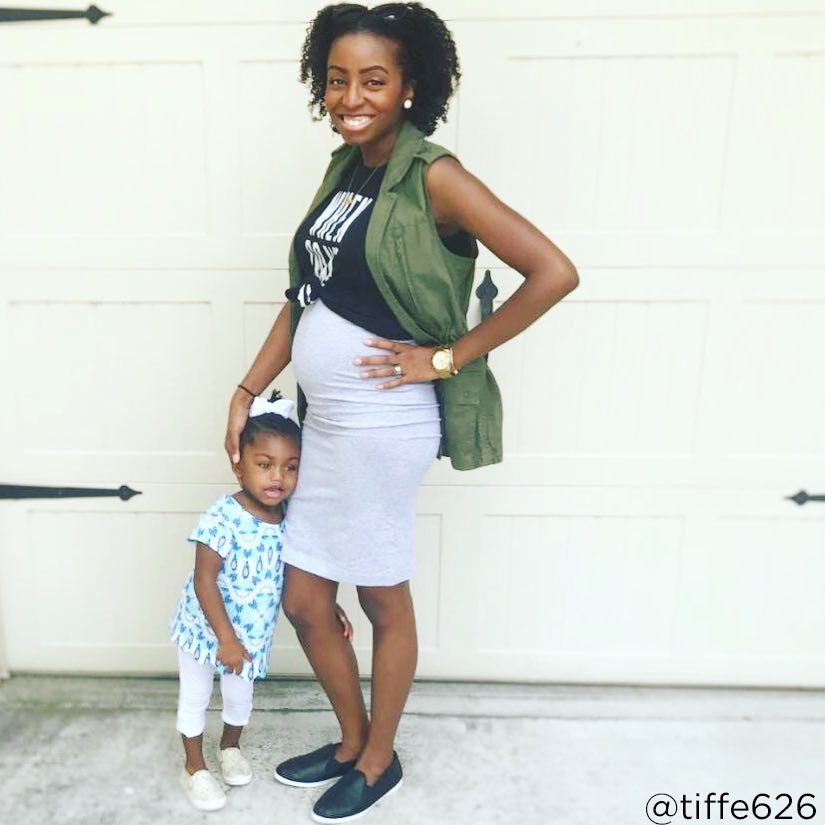
Attention! Starting from the third week of pregnancy, it is necessary to pass the third examination according to the passport of the mother and child.
Mother
Do you experience shortness of breath or other ailments? Many women find it difficult to breathe because the uterus almost reaches the level of the chest. If possible, do not lie on your back. The most comfortable position is lying on your side with a pillow between your thighs.
Baby
Your baby will usually turn head down into the presentation position. He weighs between 1.5 and 1.8 kg and is about 40 cm tall. He can no longer move freely as he becomes cramped.
Baby
Your baby's weight increases to 2.5 to 2.75 kg before 36 weeks. If your baby is head-up, this is called a breech presentation or breech presentation. Less common oblique or transverse presentation.
